- Home
- Earth Day
Earth Day 2025:
Our Power, Our Planet
Earth Day is an annual event on April 22 to demonstrate support for environmental protection. First held in 1970, it now includes a wide range of events coordinated globally by EarthDay.org including 1 billion people in more than 193 countries.
The official theme for 2025 is Our Power, Our Planet.
The official theme for 2025 is Our Power, Our Planet.
Snow4Flow is a new University of Arizona-led NASA mission to study arctic glaciers using advanced radar mounted on low-flying aircraft. Watch the story as featured on Arizona Illustrated.
Enjoy a special collection of stories, programs and educational assets that highlight nature, the environment, climate, and protecting the planet.
Stay in the know. Sign up for AZPM newsletters.
Stay in the know. Sign up for AZPM newsletters.
Now Available
Celebrate Earth DayUS Environmental Protection Agency
On April 22, we celebrate our shared home by learning how to best protect it and create a brighter, healthier future for all people.
Explore More
Now Available
The Earth Day CollectionFrom PBS LearningMedia
Bring environmental justice and awareness into your classroom this Earth Day with these videos, articles, and lesson plans.
Explore More
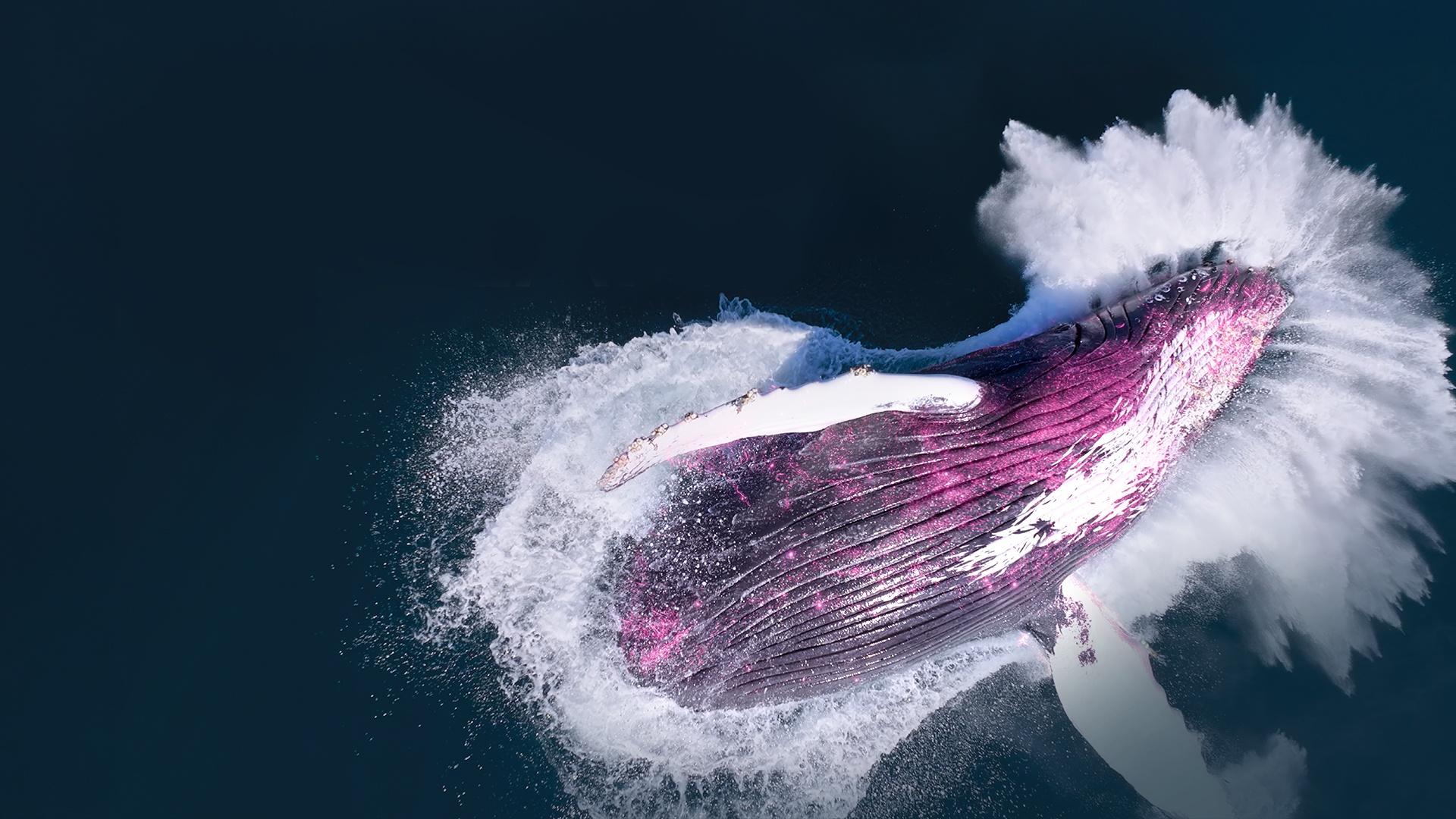 The Future of Nature
If we restore nature and let it thrive, can we turn the tide of climate change before it’s too late?
The Future of Nature
If we restore nature and let it thrive, can we turn the tide of climate change before it’s too late?
 Weathered: Inside the L.A. Firestorm
Maiya May investigates what caused the 2025 L.A. Wildfires and how we can prevent future disasters.
Weathered: Inside the L.A. Firestorm
Maiya May investigates what caused the 2025 L.A. Wildfires and how we can prevent future disasters.
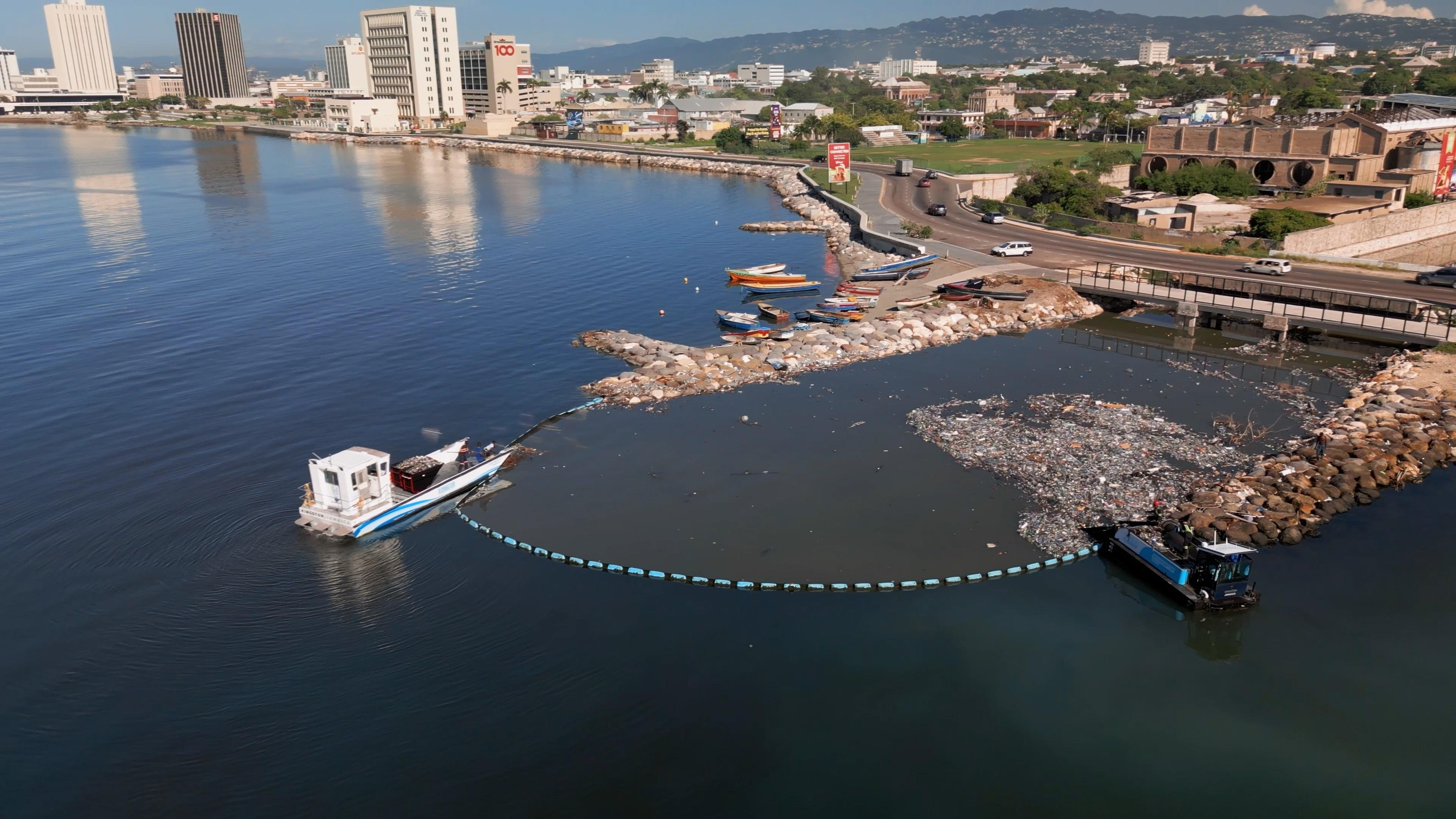 NATURE: Wild Hope
A new series of short films that highlight the intrepid changemakers who are restoring our wild places and sparking new hope for the future of our planet.
NATURE: Wild Hope
A new series of short films that highlight the intrepid changemakers who are restoring our wild places and sparking new hope for the future of our planet.
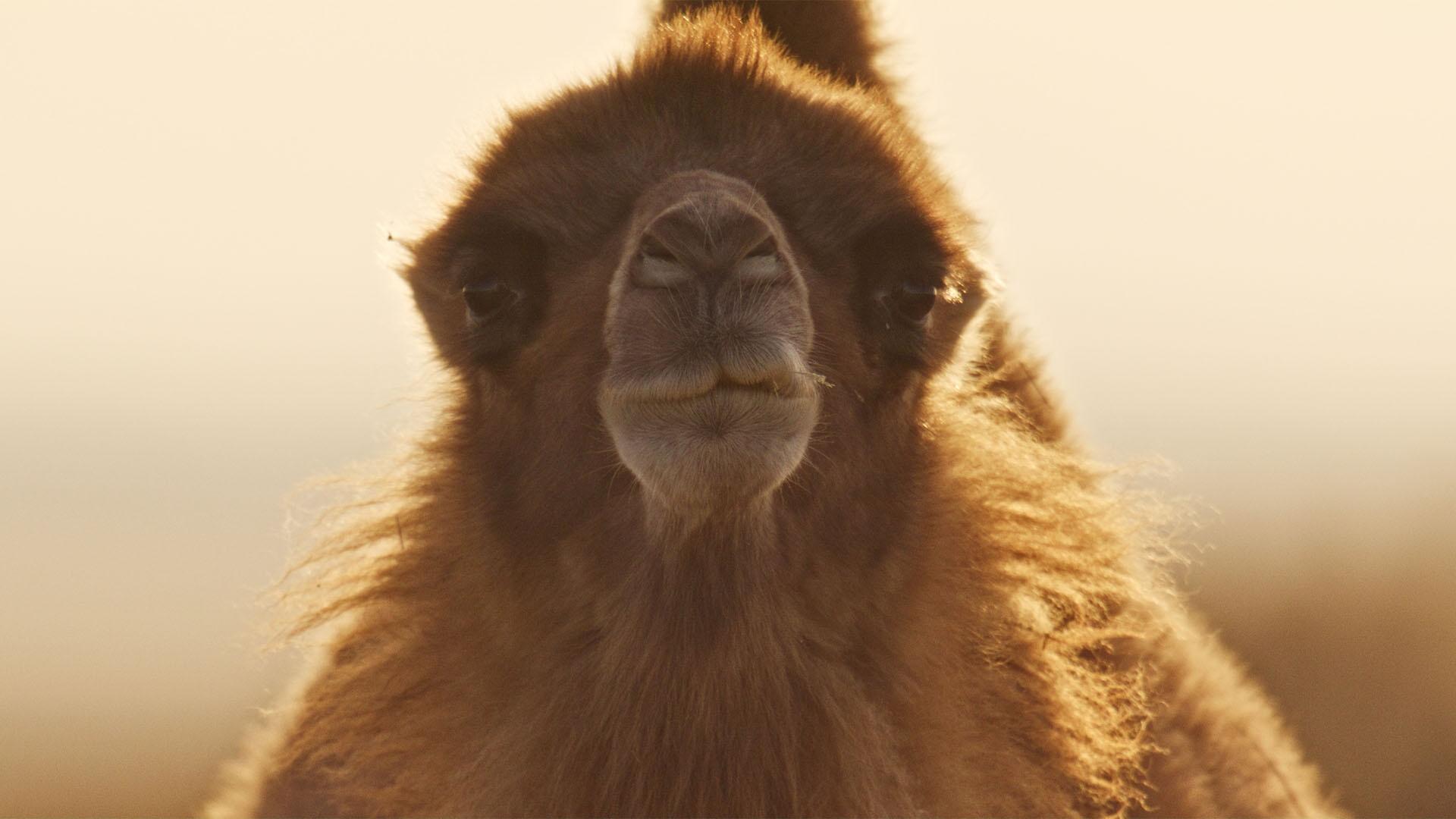 Evolution Earth
At the front lines of climate change, animals have a surprising story to tell.
Evolution Earth
At the front lines of climate change, animals have a surprising story to tell.
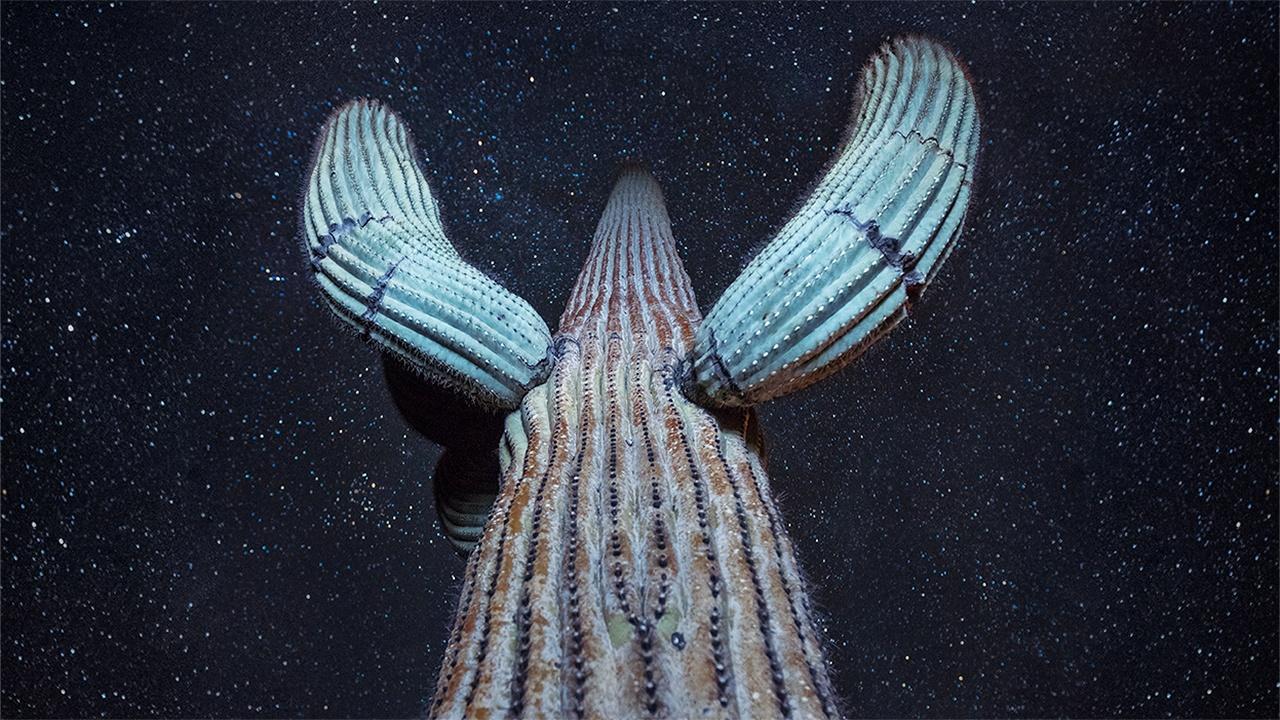 The Green Planet
Sir David Attenborough travels the globe to reveal the secret, incredible world of plants.
The Green Planet
Sir David Attenborough travels the globe to reveal the secret, incredible world of plants.
 Of Ants and Men
An exploration of the remarkable life and groundbreaking ideas of biologist E.O Wilson.
Of Ants and Men
An exploration of the remarkable life and groundbreaking ideas of biologist E.O Wilson.
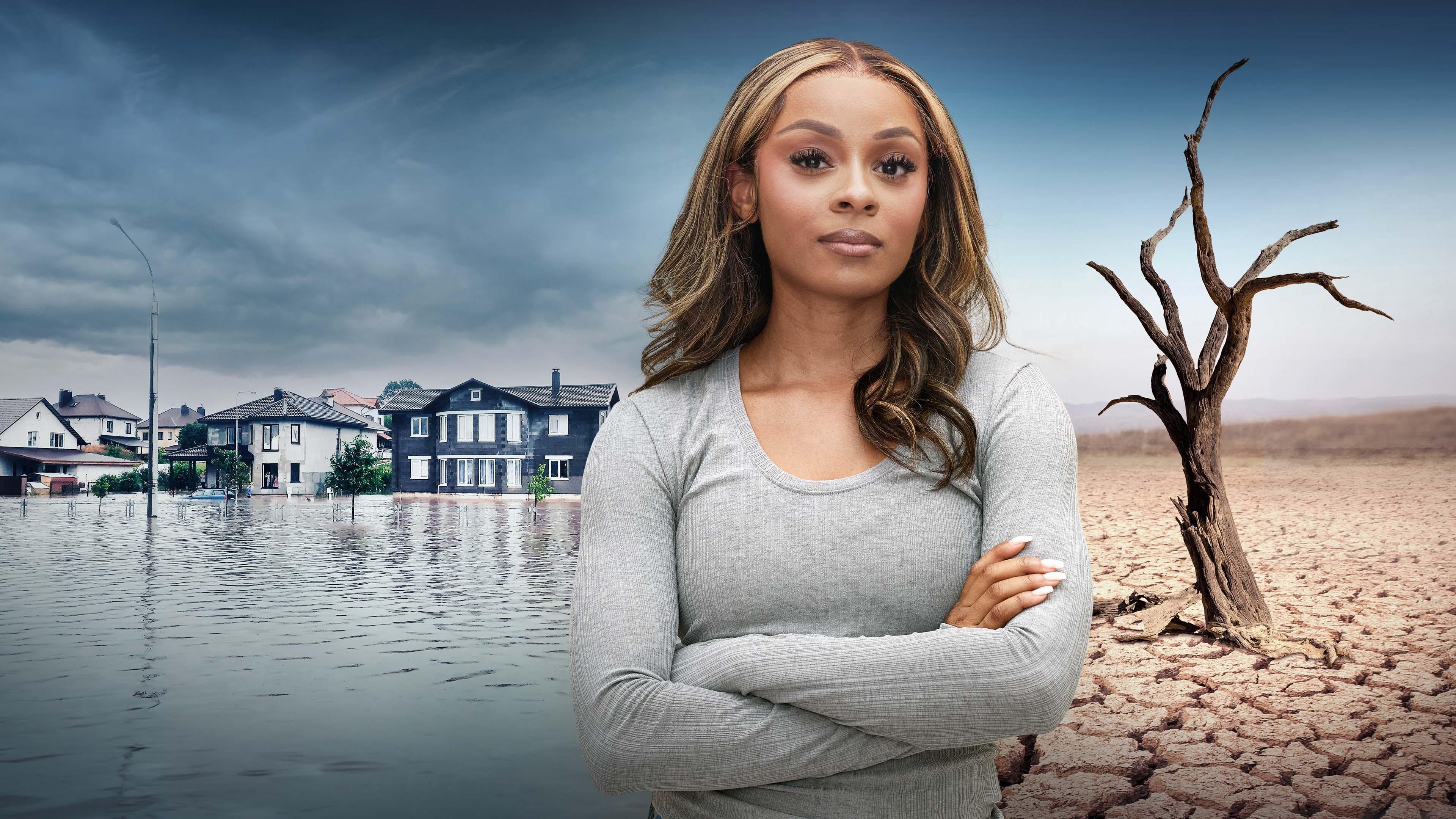 Weathered
Natural disasters and extreme weather can happen without warning. And with the impacts of climate change, more Americans than ever are at risk. How can you prepare?
Weathered
Natural disasters and extreme weather can happen without warning. And with the impacts of climate change, more Americans than ever are at risk. How can you prepare?
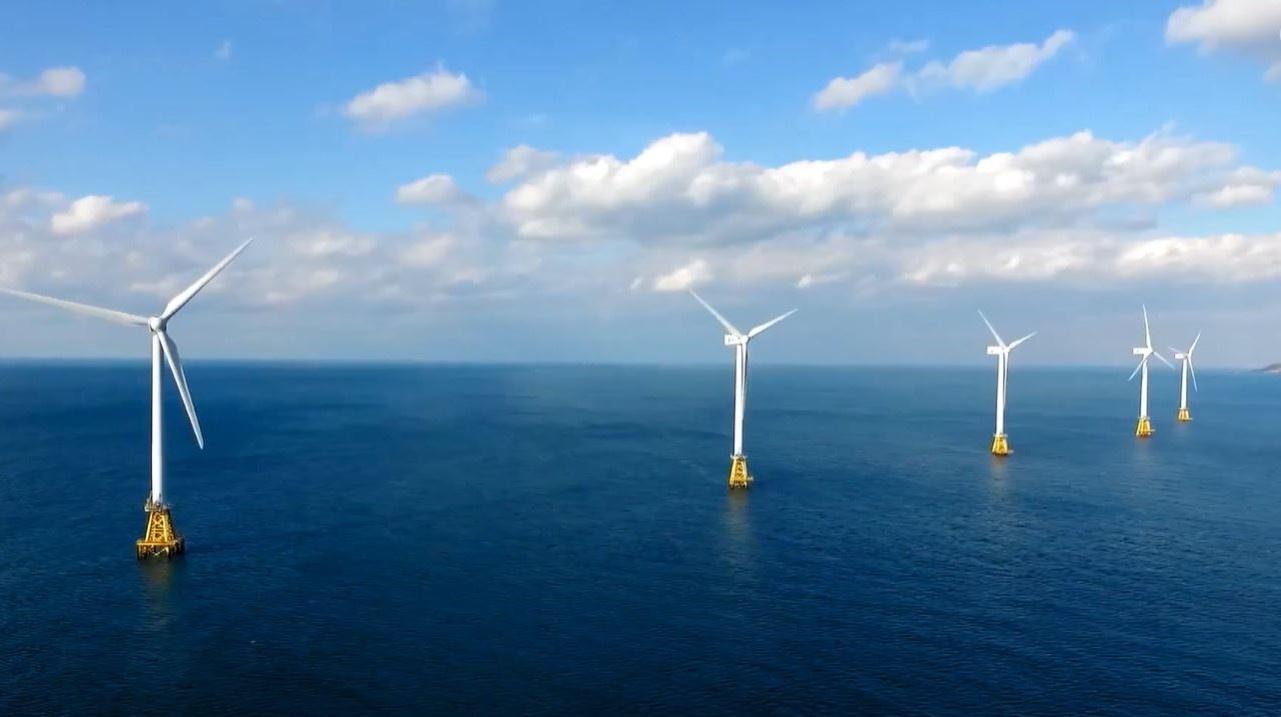 NOVA: Chasing Carbon Zero
Can the U.S. reach net-zero carbon emissions by 2050 and avoid the biggest impacts of climate change?
NOVA: Chasing Carbon Zero
Can the U.S. reach net-zero carbon emissions by 2050 and avoid the biggest impacts of climate change?
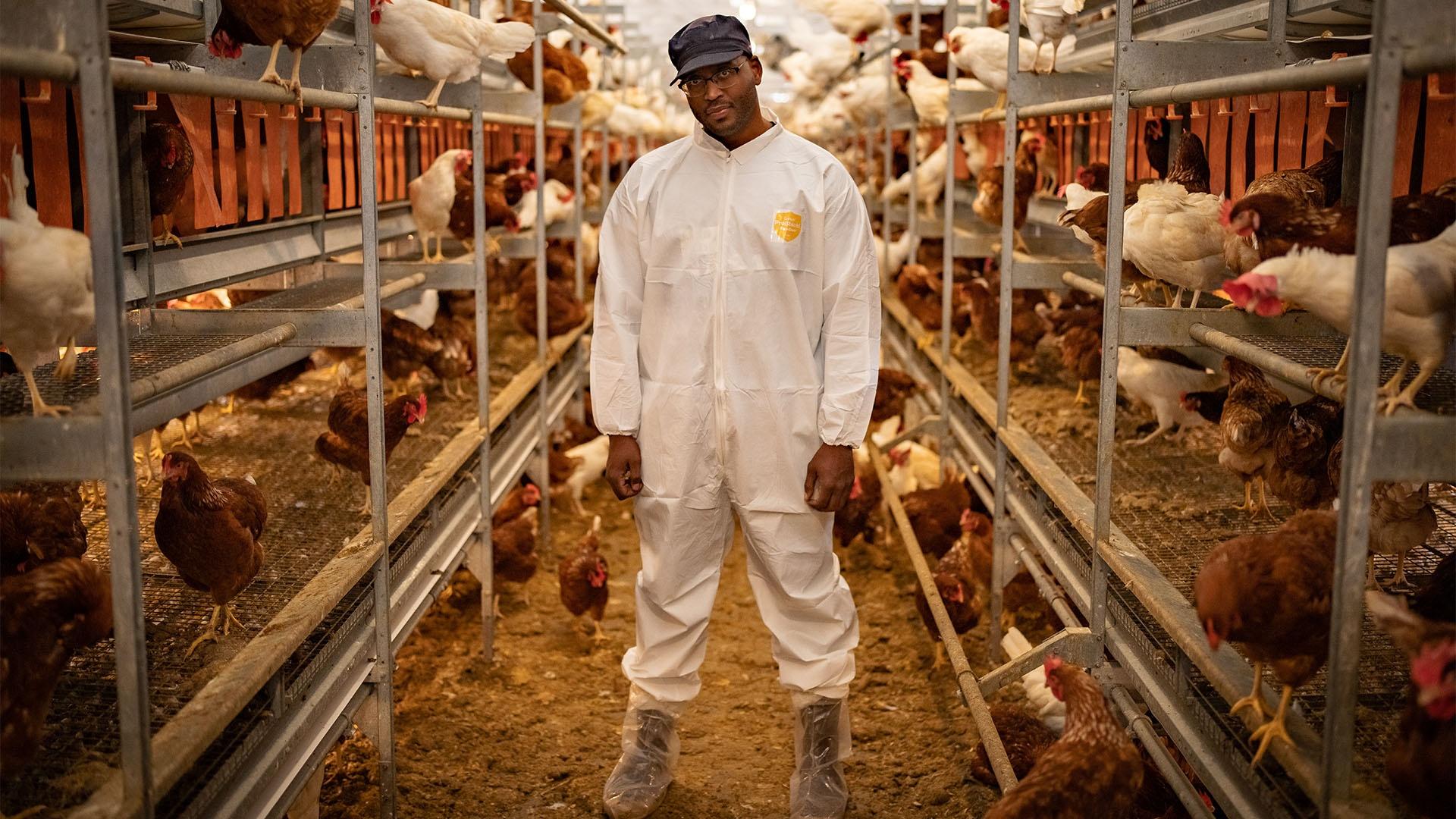 The Human Footprint
Explore the global impact of Earth’s most ingenious, destructive, and adaptable species.
The Human Footprint
Explore the global impact of Earth’s most ingenious, destructive, and adaptable species.
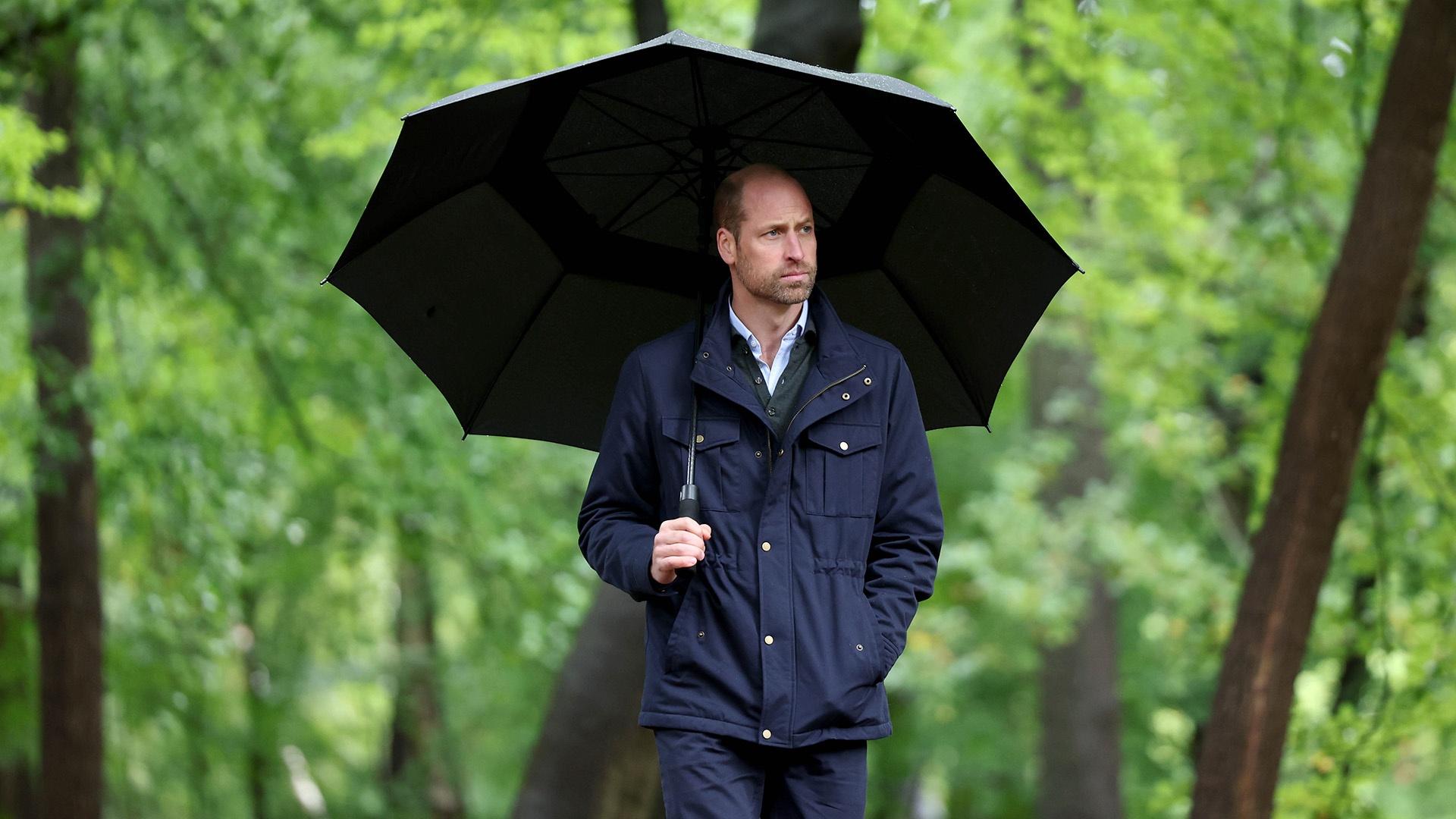 The Earthshot Prize
Celebrate the recipients of The Earthshot Prize – Prince William's environmental award.
The Earthshot Prize
Celebrate the recipients of The Earthshot Prize – Prince William's environmental award.
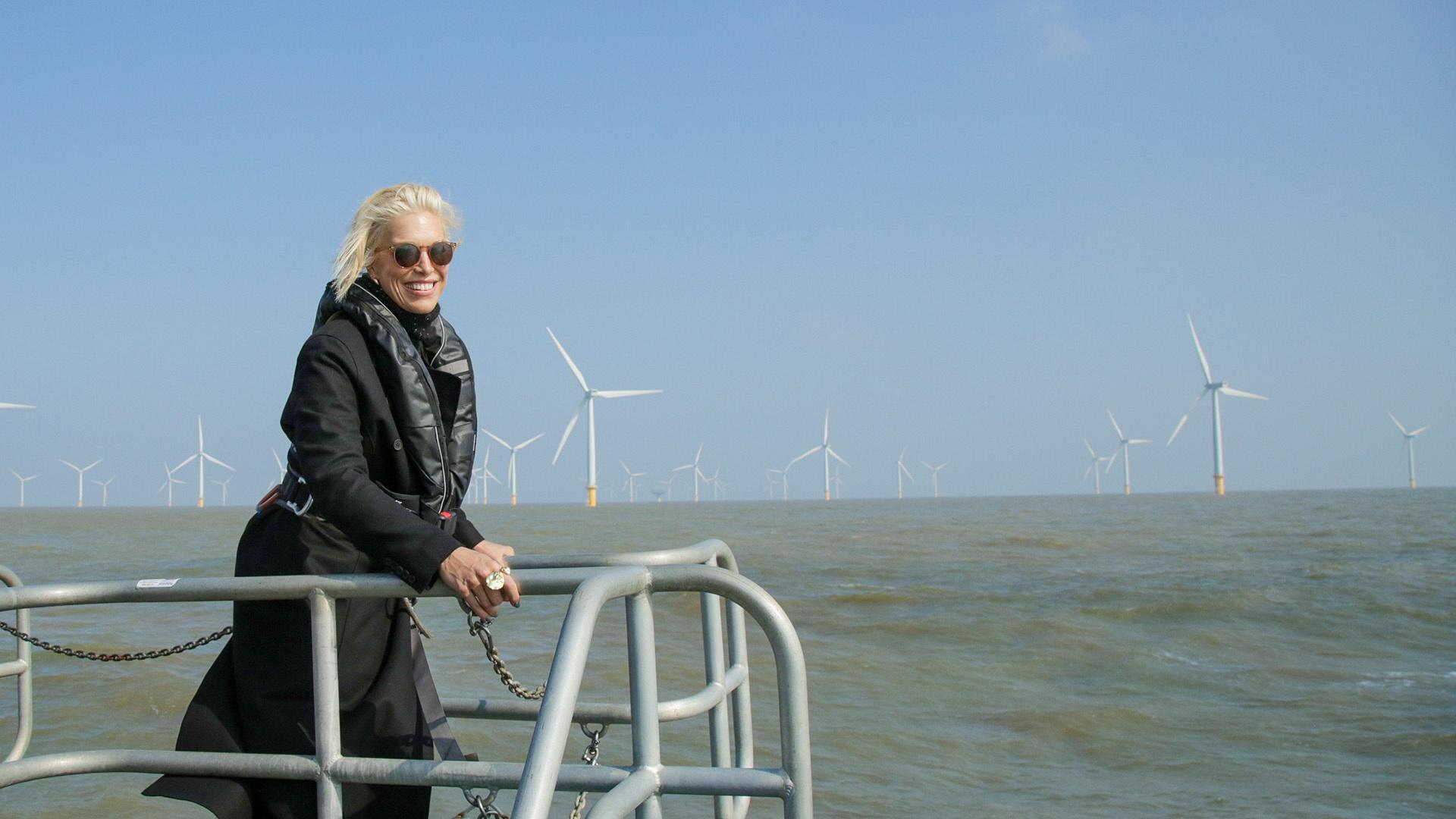 The Earthshot Report
The definitive review of the progress made in protecting and restoring our planet in 2024.
The Earthshot Report
The definitive review of the progress made in protecting and restoring our planet in 2024.
 Climate Artists
A five-part series illustrating how climate change informs artistic expression.
Climate Artists
A five-part series illustrating how climate change informs artistic expression.
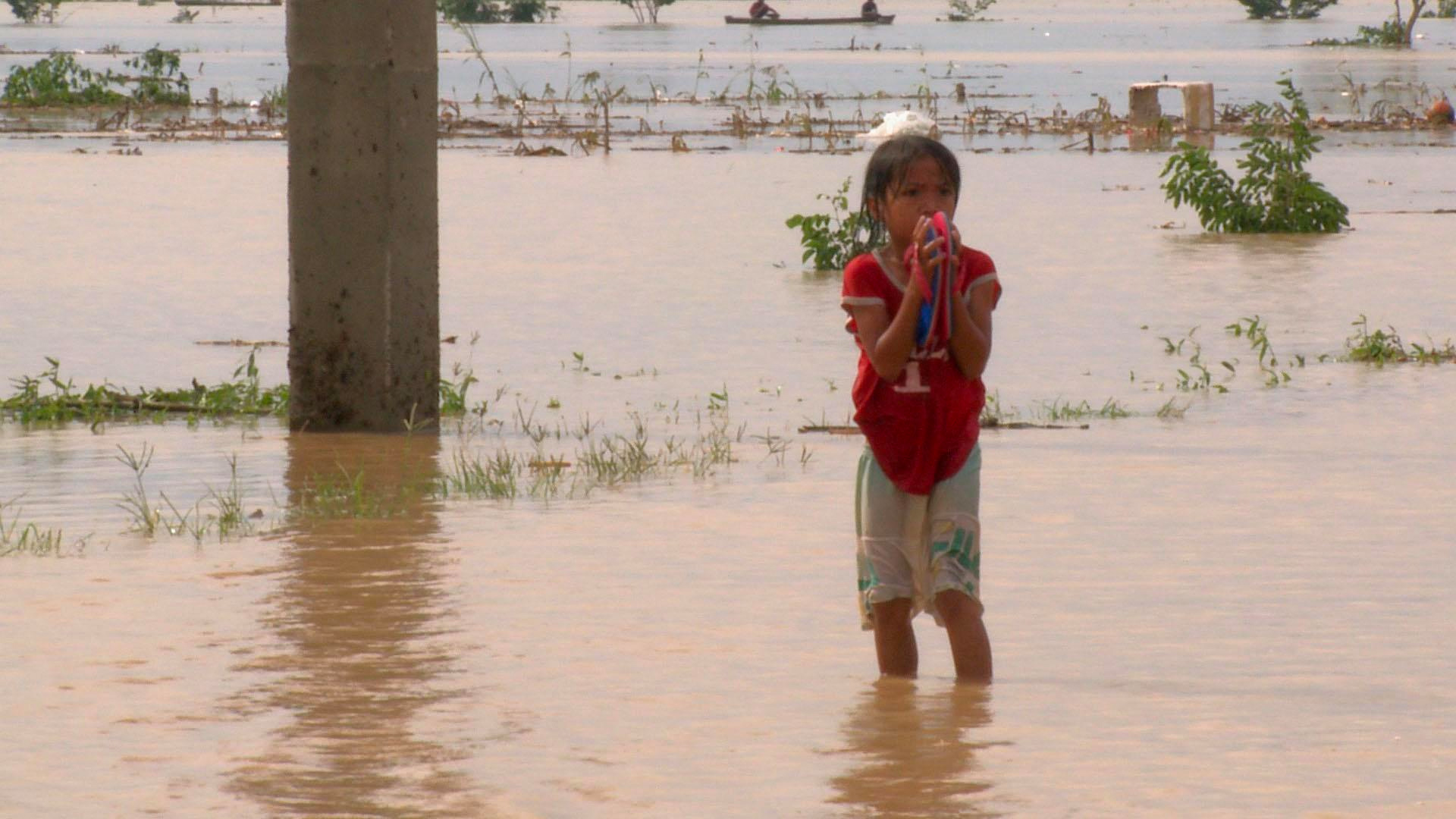 Earth Emergency
This revealing film examines how human activity is setting off dangerous warming loops.
Earth Emergency
This revealing film examines how human activity is setting off dangerous warming loops.
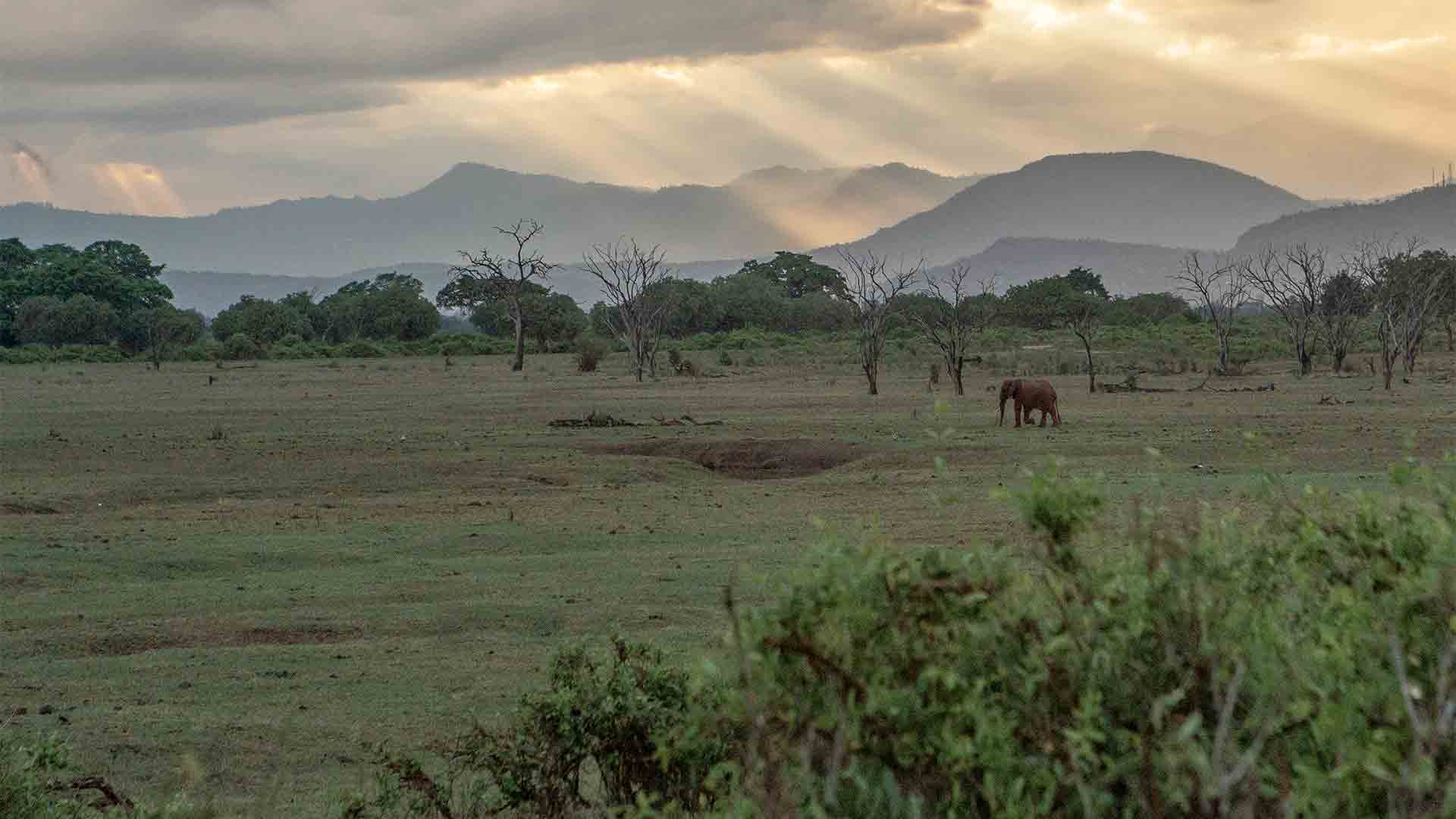 Changing Planet
Join Dr. M. Sanjayan for an environmental health check of Earth’s vulnerable habitats.
Changing Planet
Join Dr. M. Sanjayan for an environmental health check of Earth’s vulnerable habitats.
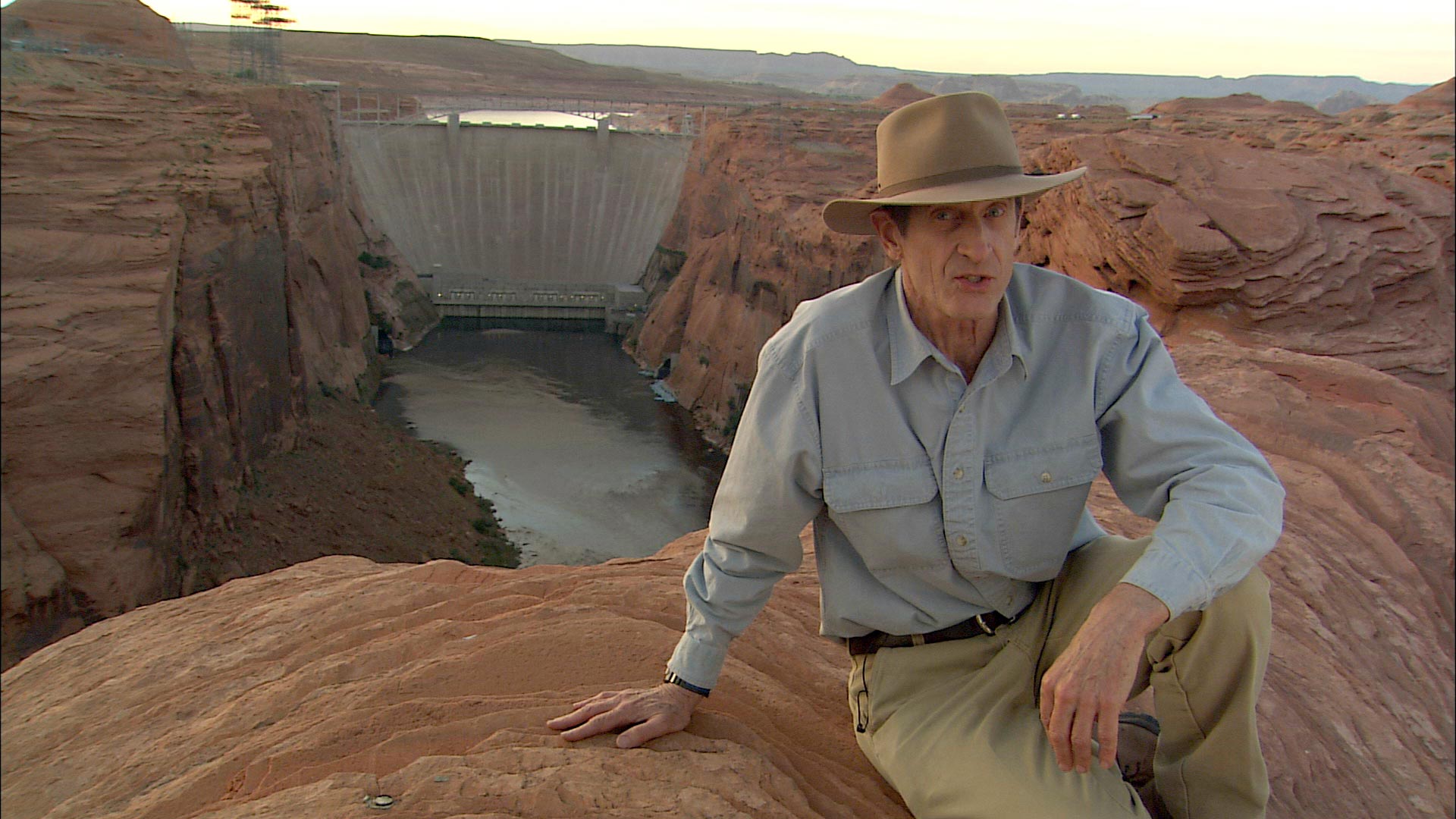 The Desert Speaks
Through intriguing storytelling and stunning photography, viewers find out about the people, plants, animals and archaeology of arid regions throughout the New World.
The Desert Speaks
Through intriguing storytelling and stunning photography, viewers find out about the people, plants, animals and archaeology of arid regions throughout the New World.
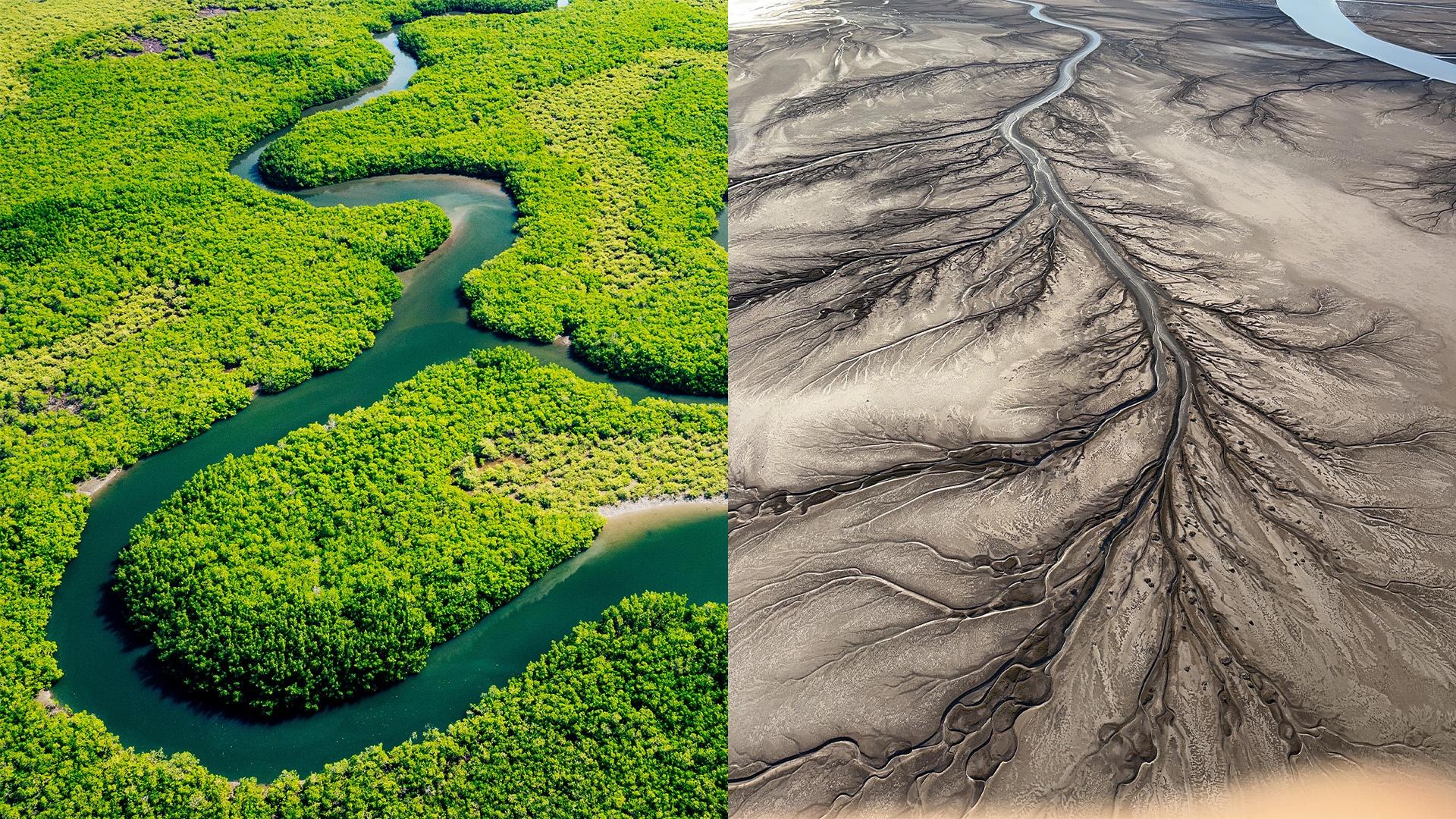 OverView
Aerial cinematography and science storytelling to reveal both the natural phenomena and human forces shaping our planet.
OverView
Aerial cinematography and science storytelling to reveal both the natural phenomena and human forces shaping our planet.
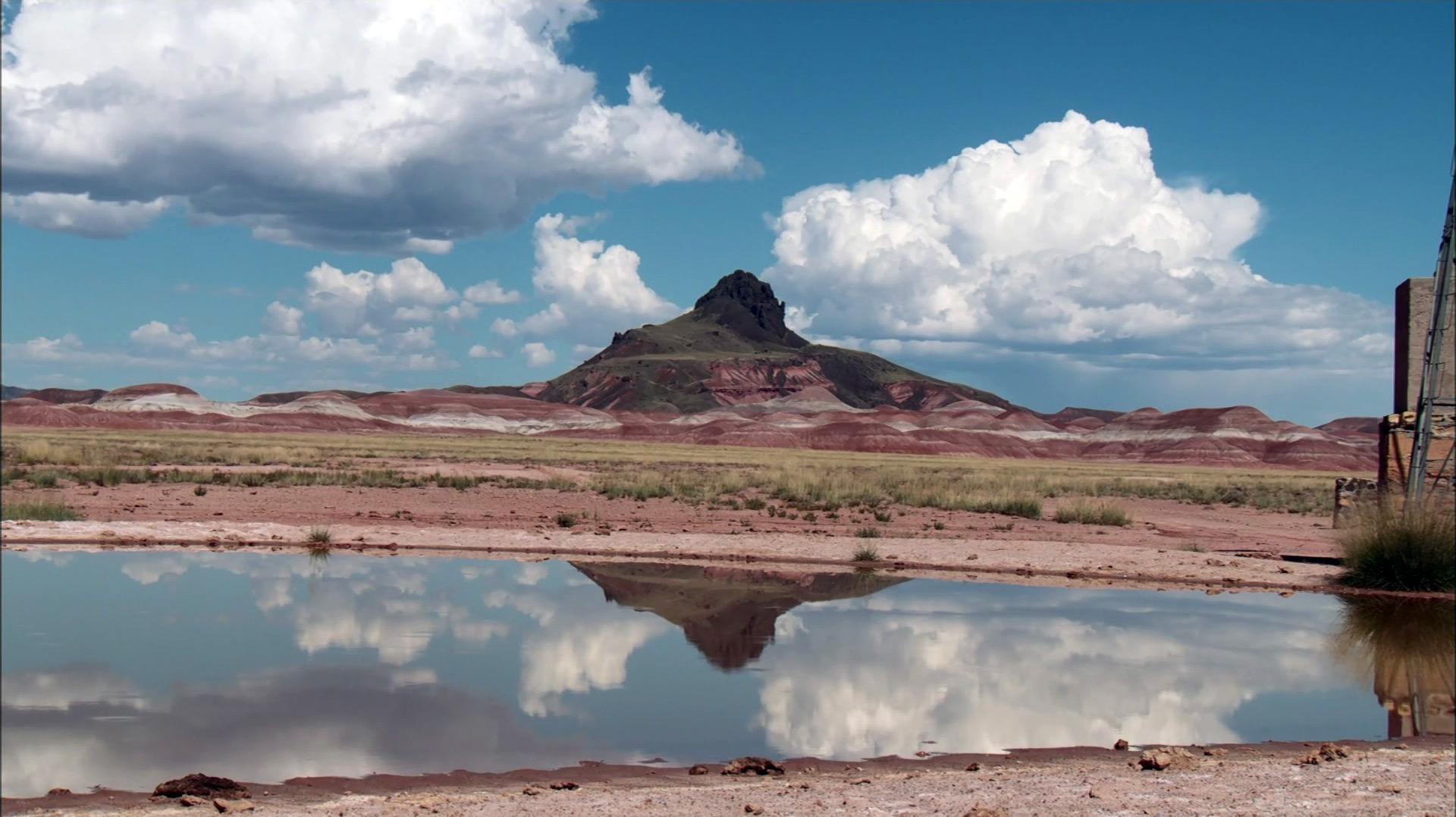 Seeking Water from the Sun
A journey into the drama of scientific innovation and the reality of life without water.
Seeking Water from the Sun
A journey into the drama of scientific innovation and the reality of life without water.
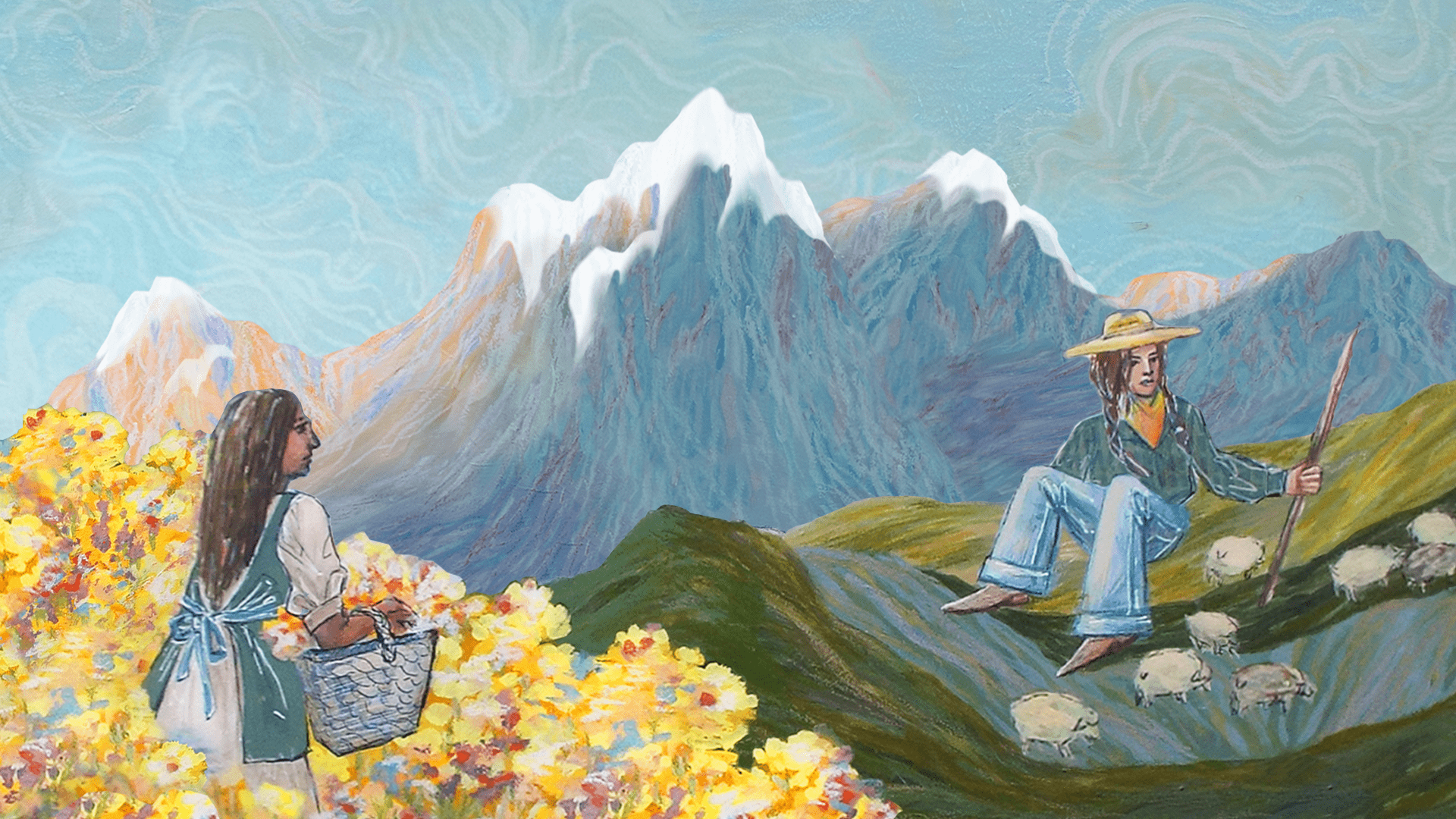 Women of the Earth
Meet a diverse group of women, who’s work continues to lead our world towards effective and reciprocal solutions to systematically change the way we approach climate healing.
Women of the Earth
Meet a diverse group of women, who’s work continues to lead our world towards effective and reciprocal solutions to systematically change the way we approach climate healing.
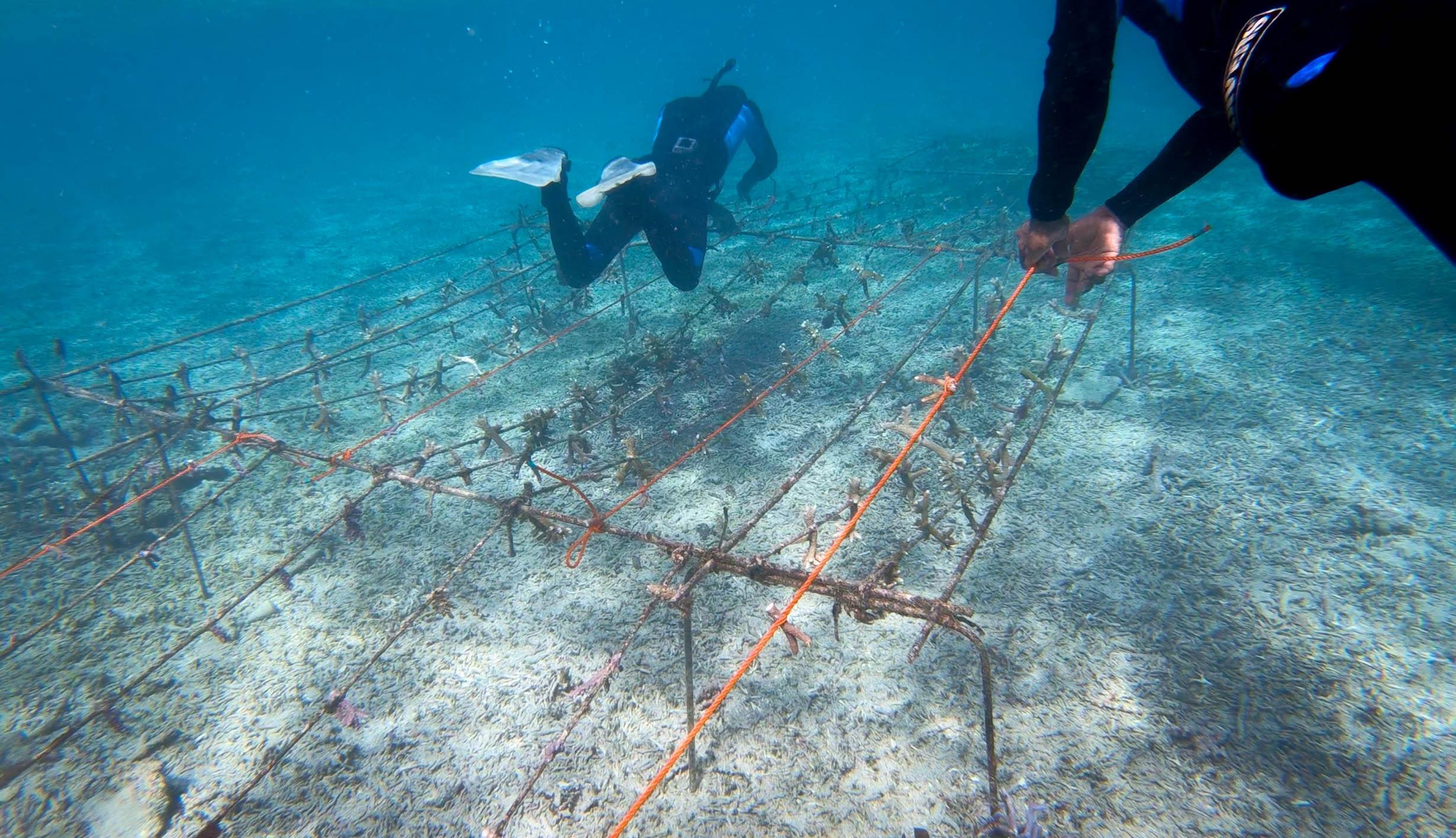 Adaptation
Visit communities around the world as they adapt to climate change in surprising ways.
Adaptation
Visit communities around the world as they adapt to climate change in surprising ways.
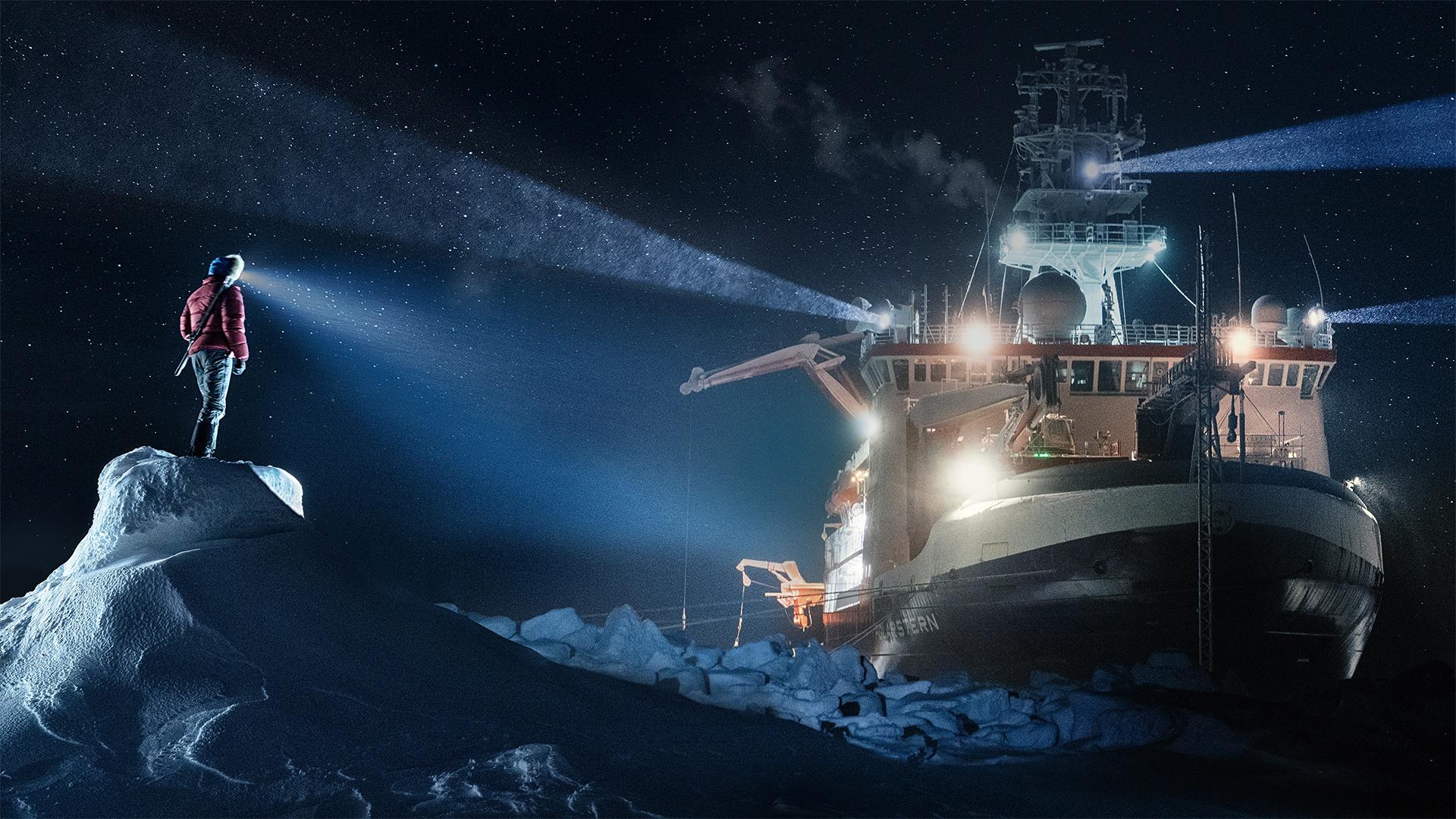 Arctic Drift
From NOVA, a team of scientists face hungry polar bears, perilous sea ice cracks, and brutal cold, as they strive to understand the forces that are changing the region—and the world—forever.
Arctic Drift
From NOVA, a team of scientists face hungry polar bears, perilous sea ice cracks, and brutal cold, as they strive to understand the forces that are changing the region—and the world—forever.
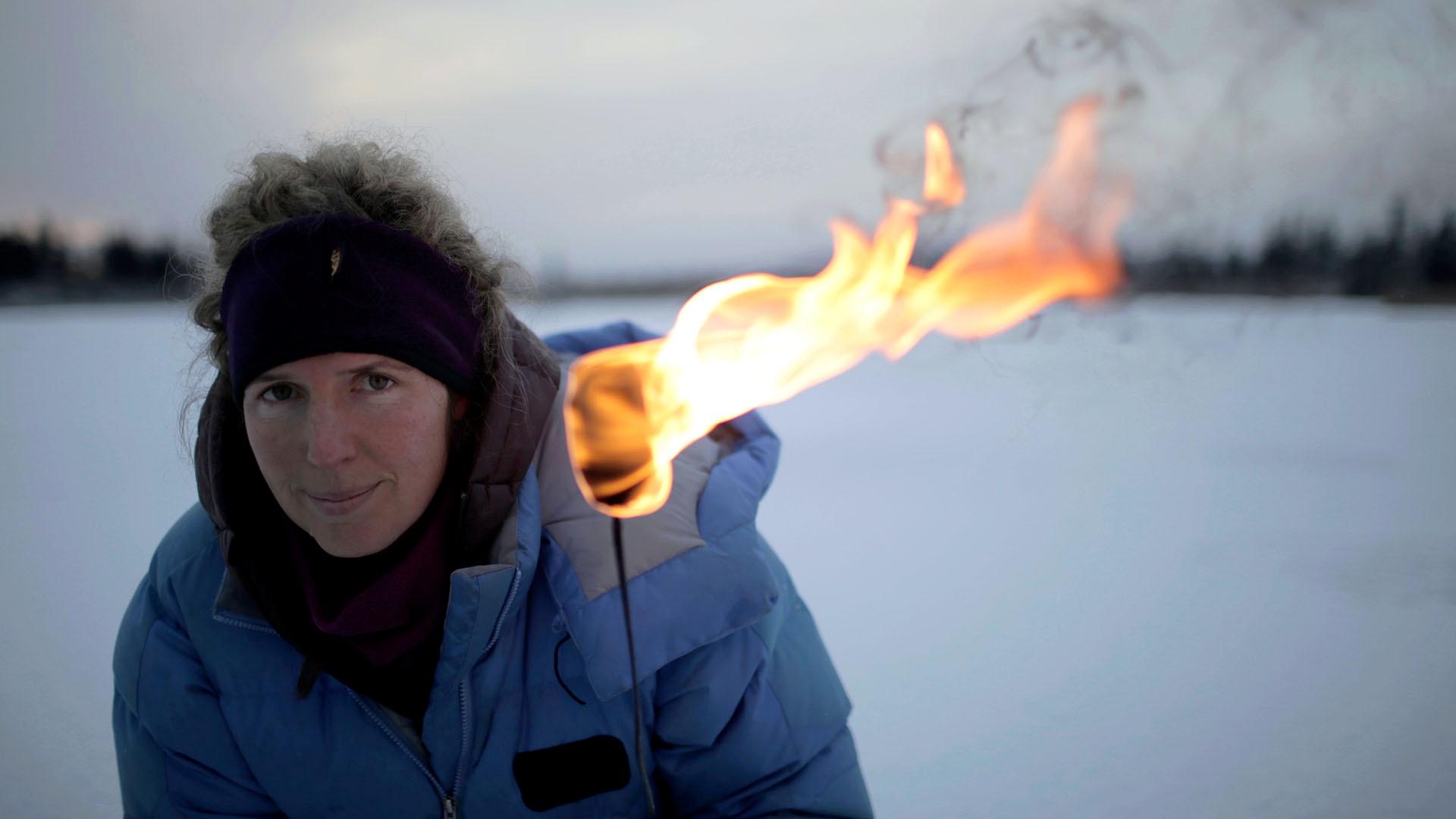 Climate Change: The Facts
Experts examine the impact of climate change and possible solutions to this global threat.
Climate Change: The Facts
Experts examine the impact of climate change and possible solutions to this global threat.
 The Power of Big Oil
From FRONTLINE, a new three-part documentary series on the oil industry and its relationship to climate change.
The Power of Big Oil
From FRONTLINE, a new three-part documentary series on the oil industry and its relationship to climate change.
 Reef Rescue
From NOVA, scientists from around the globe are rushing to help corals adapt to a changing climate through assisted evolution.
Reef Rescue
From NOVA, scientists from around the globe are rushing to help corals adapt to a changing climate through assisted evolution.
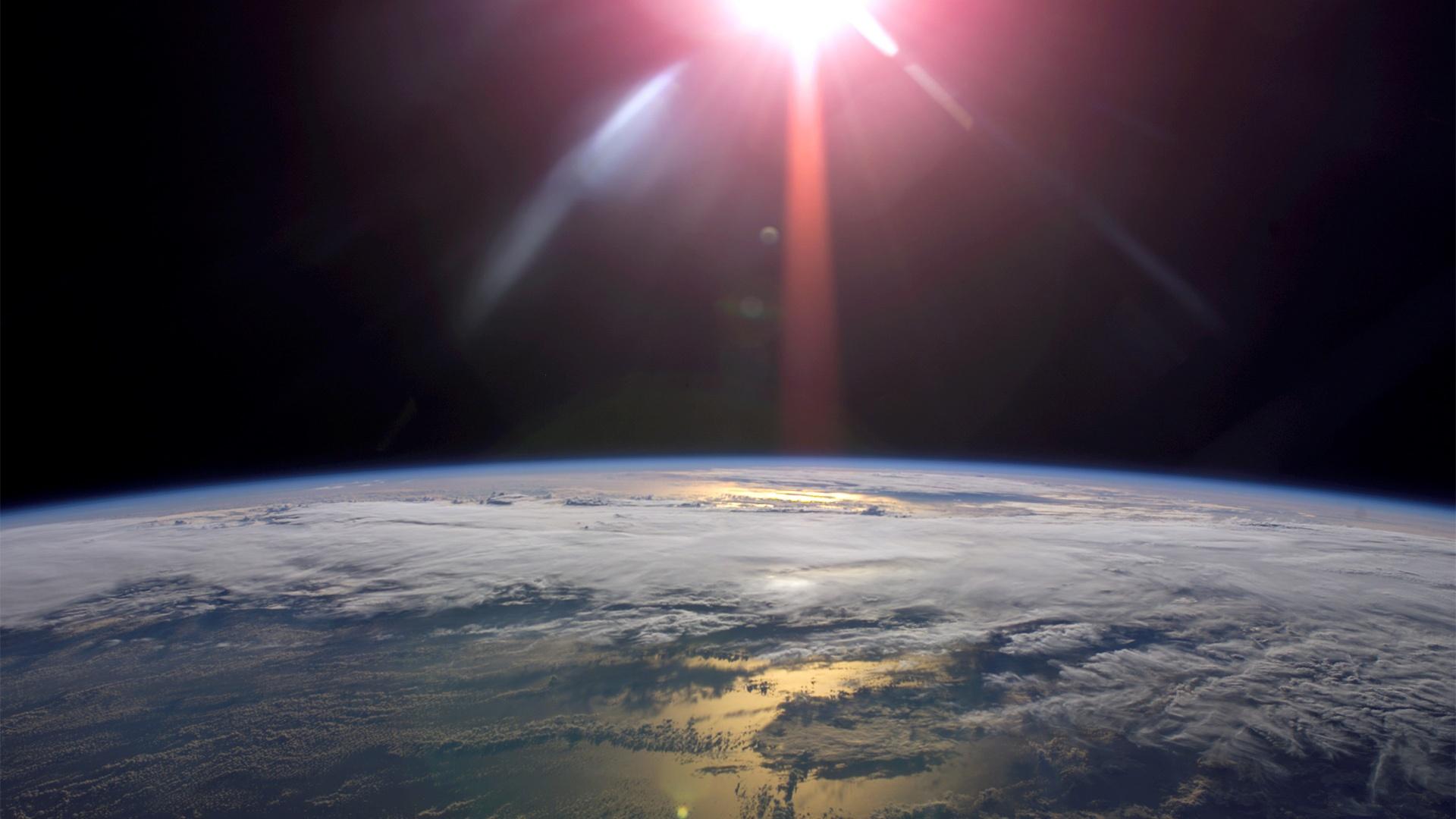 Can we Cool the Planet?
From NOVA, as global temperatures rise, scientists are exploring solutions from planting trees to sucking carbon out of the air to geoengineering.
Can we Cool the Planet?
From NOVA, as global temperatures rise, scientists are exploring solutions from planting trees to sucking carbon out of the air to geoengineering.
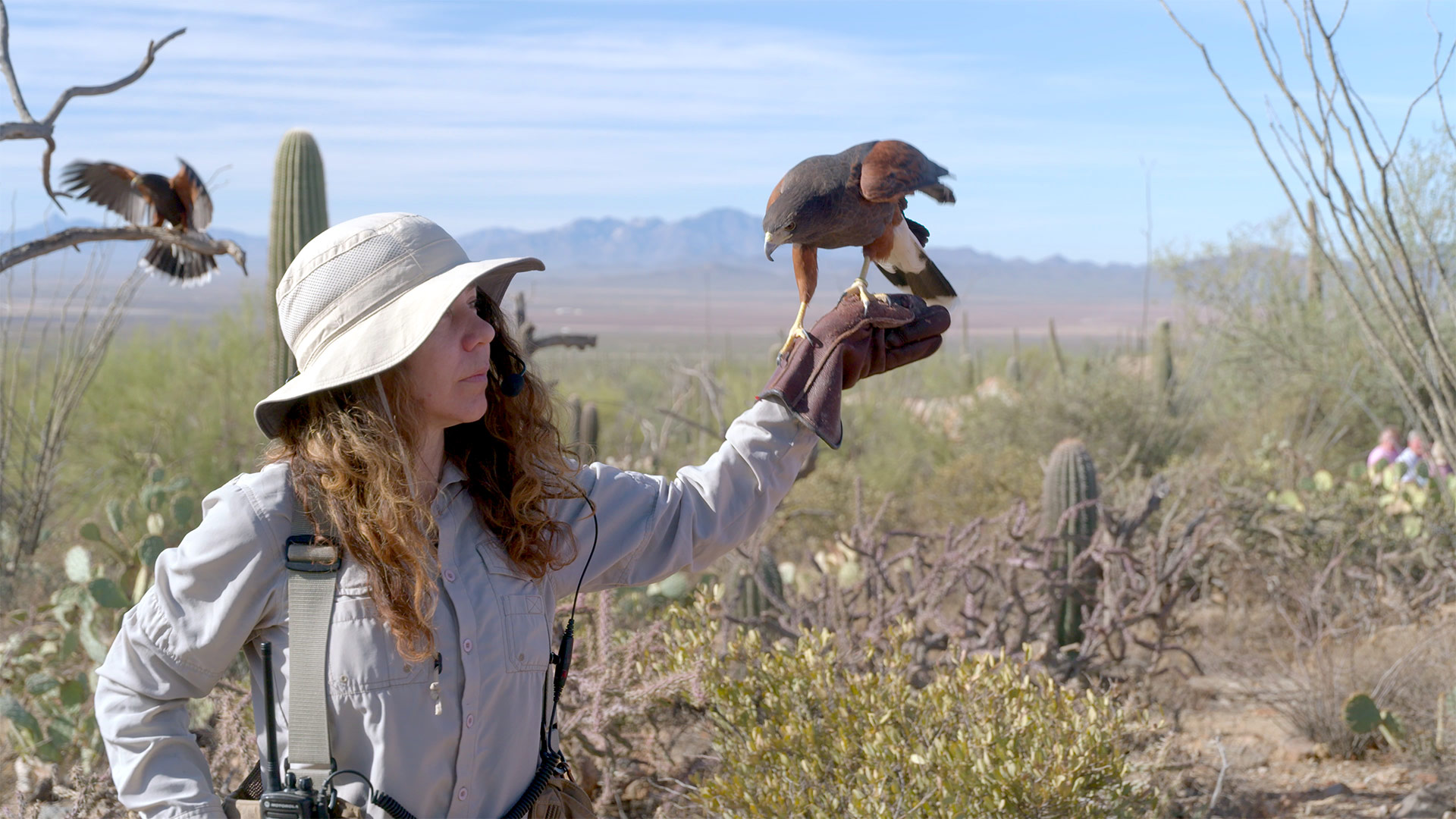 Free Bird
The Raptor Free Flight Program at the Arizona-Sonora Desert Museum
Free Bird
The Raptor Free Flight Program at the Arizona-Sonora Desert Museum
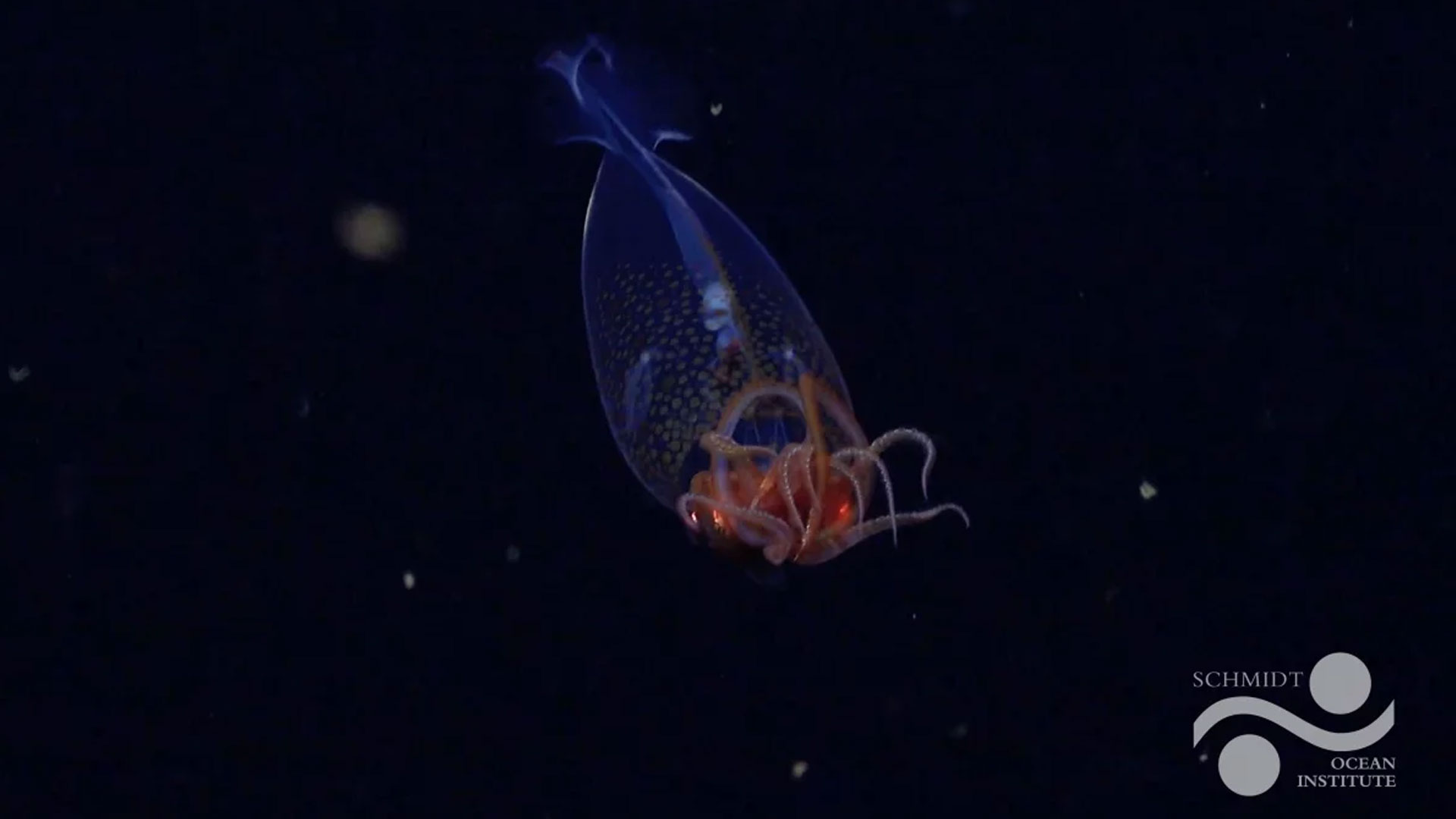 A colossal squid is filmed in its natural habitat for the first time
Colossal squid are known to be elusive and likely avoid the bright and loud research equipment used underwater.
A colossal squid is filmed in its natural habitat for the first time
Colossal squid are known to be elusive and likely avoid the bright and loud research equipment used underwater.
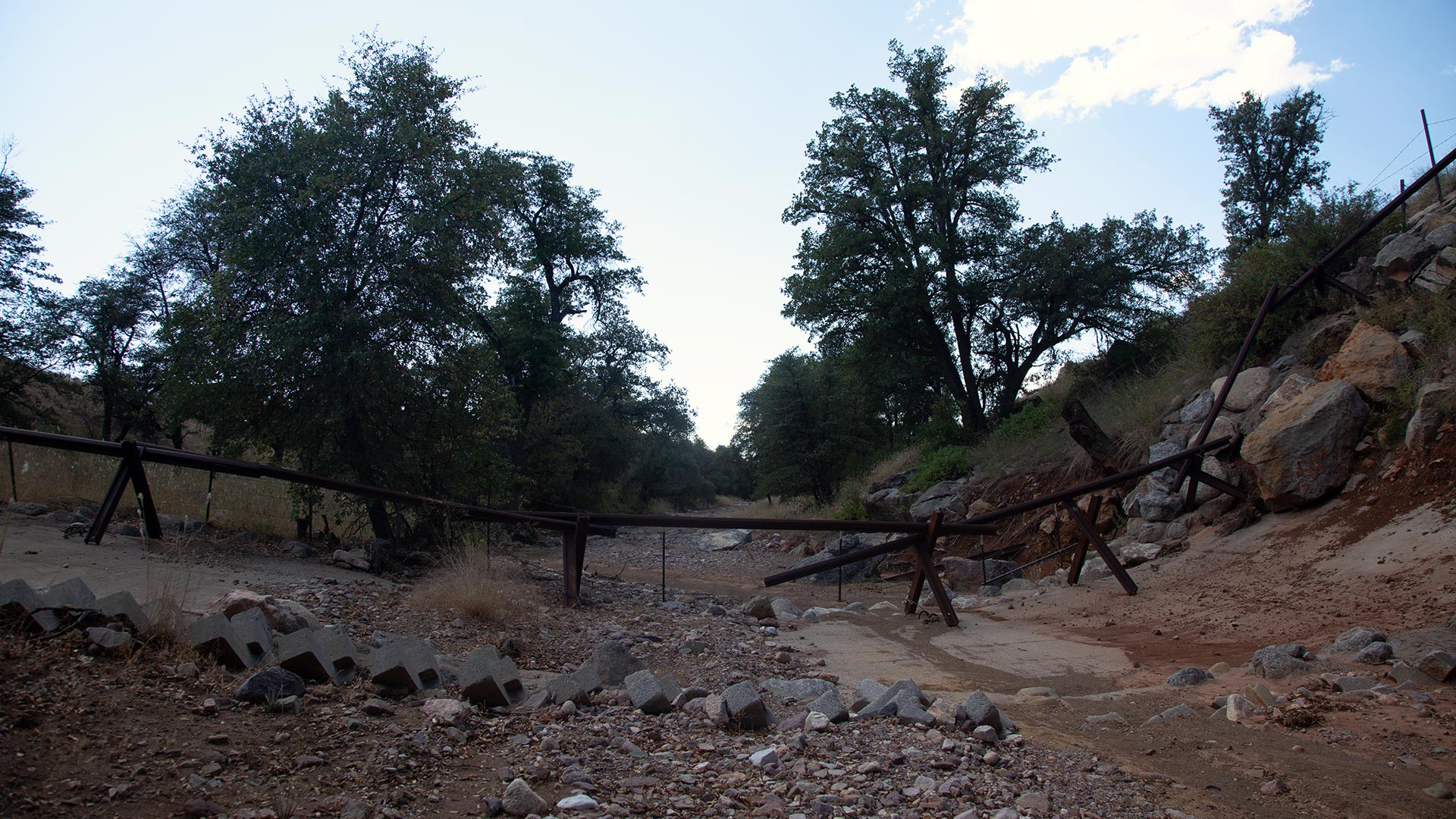 Environmental group says government shared plan for border barrier in critical wildlife passage
They say the area is the last unwalled major biodiversity hotspot in the border region.
Environmental group says government shared plan for border barrier in critical wildlife passage
They say the area is the last unwalled major biodiversity hotspot in the border region.
 Fondomonte asks that AZ AG's lawsuit be dropped in court filing
The Saudi-backed alfalfa farm's answer to a civil complaint seeks an end to the suit and legal fees.
Fondomonte asks that AZ AG's lawsuit be dropped in court filing
The Saudi-backed alfalfa farm's answer to a civil complaint seeks an end to the suit and legal fees.
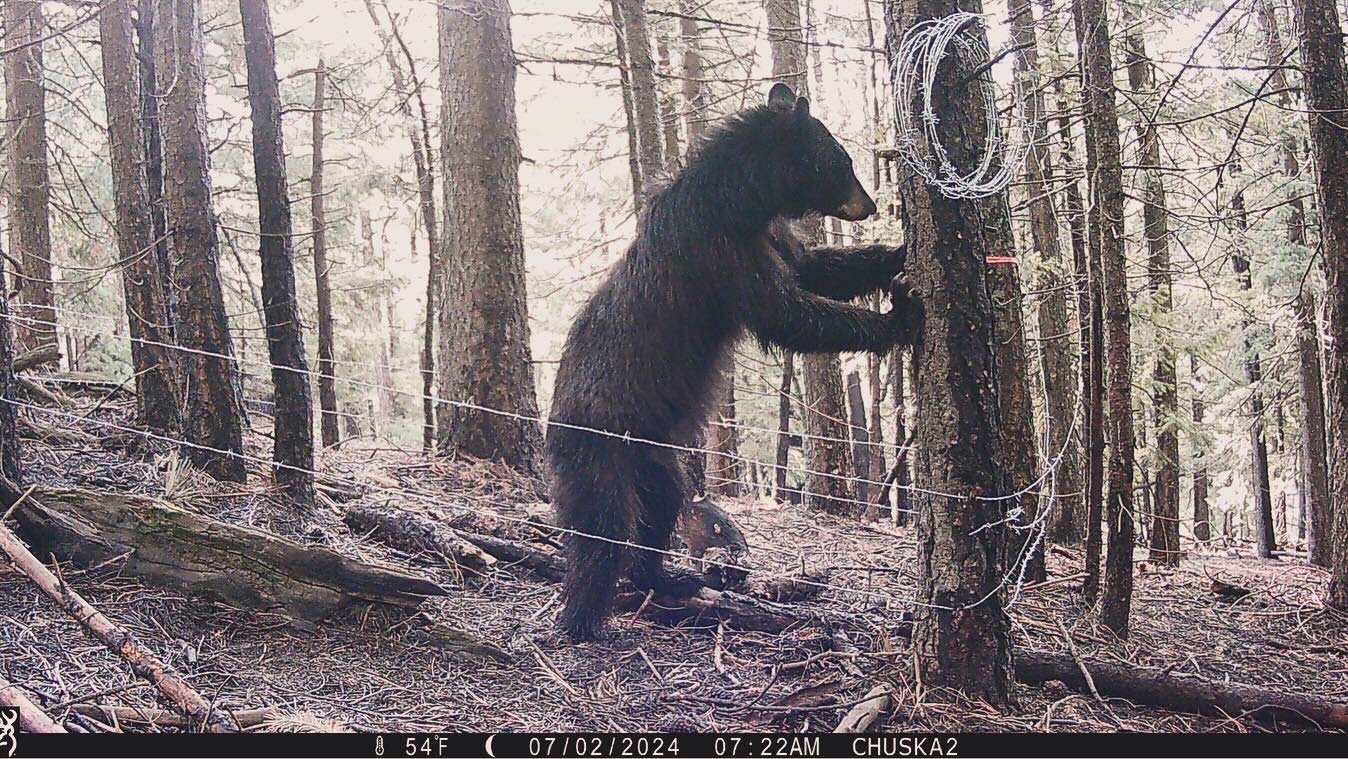 Blending science and spirit: Navajo PhD student studies black bears with cultural reverence
University of Arizona PhD student Deandra Jones researches black bears in the Navajo Nation, combining traditional knowledge and science to guide respectful coexistence.
Blending science and spirit: Navajo PhD student studies black bears with cultural reverence
University of Arizona PhD student Deandra Jones researches black bears in the Navajo Nation, combining traditional knowledge and science to guide respectful coexistence.
 AZ Game and Fish Commission to hear petition that aims to ban dog packs used for hunting
Wildlife advocates say hounding endangers rare species.
AZ Game and Fish Commission to hear petition that aims to ban dog packs used for hunting
Wildlife advocates say hounding endangers rare species.
 Poetry in Parks – U.S. Poet Laureate Ada Limón Visits Tucson
In December of 2024 the 24th U.S. Poet Laureate Ada Limón visited Tucson, Arizona to dedicate a picnic table as part of her Poetry in Parks initiative.
Poetry in Parks – U.S. Poet Laureate Ada Limón Visits Tucson
In December of 2024 the 24th U.S. Poet Laureate Ada Limón visited Tucson, Arizona to dedicate a picnic table as part of her Poetry in Parks initiative.
 Going the distance!
Meet Bruce Gungle, an ultramarathon runner, bicyclist and mountain climber; hear from University of Arizona triathlete Laura Holanszky; and Michael McKisson on what it's like to bike almost every street in Tucson.
Going the distance!
Meet Bruce Gungle, an ultramarathon runner, bicyclist and mountain climber; hear from University of Arizona triathlete Laura Holanszky; and Michael McKisson on what it's like to bike almost every street in Tucson.
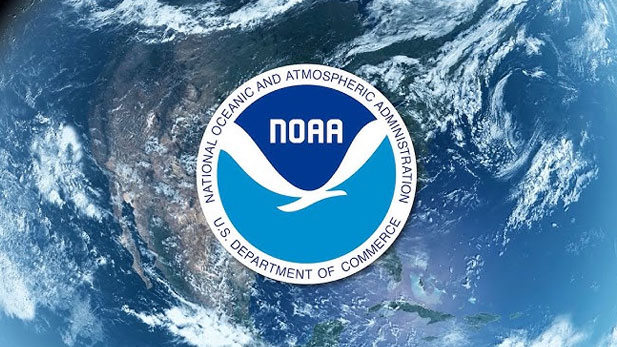 NOAA contracts are being reviewed one by one, throwing the agency into chaos
"Lots of stuff will break," a NOAA staffer said. "It's just a matter of time."
NOAA contracts are being reviewed one by one, throwing the agency into chaos
"Lots of stuff will break," a NOAA staffer said. "It's just a matter of time."
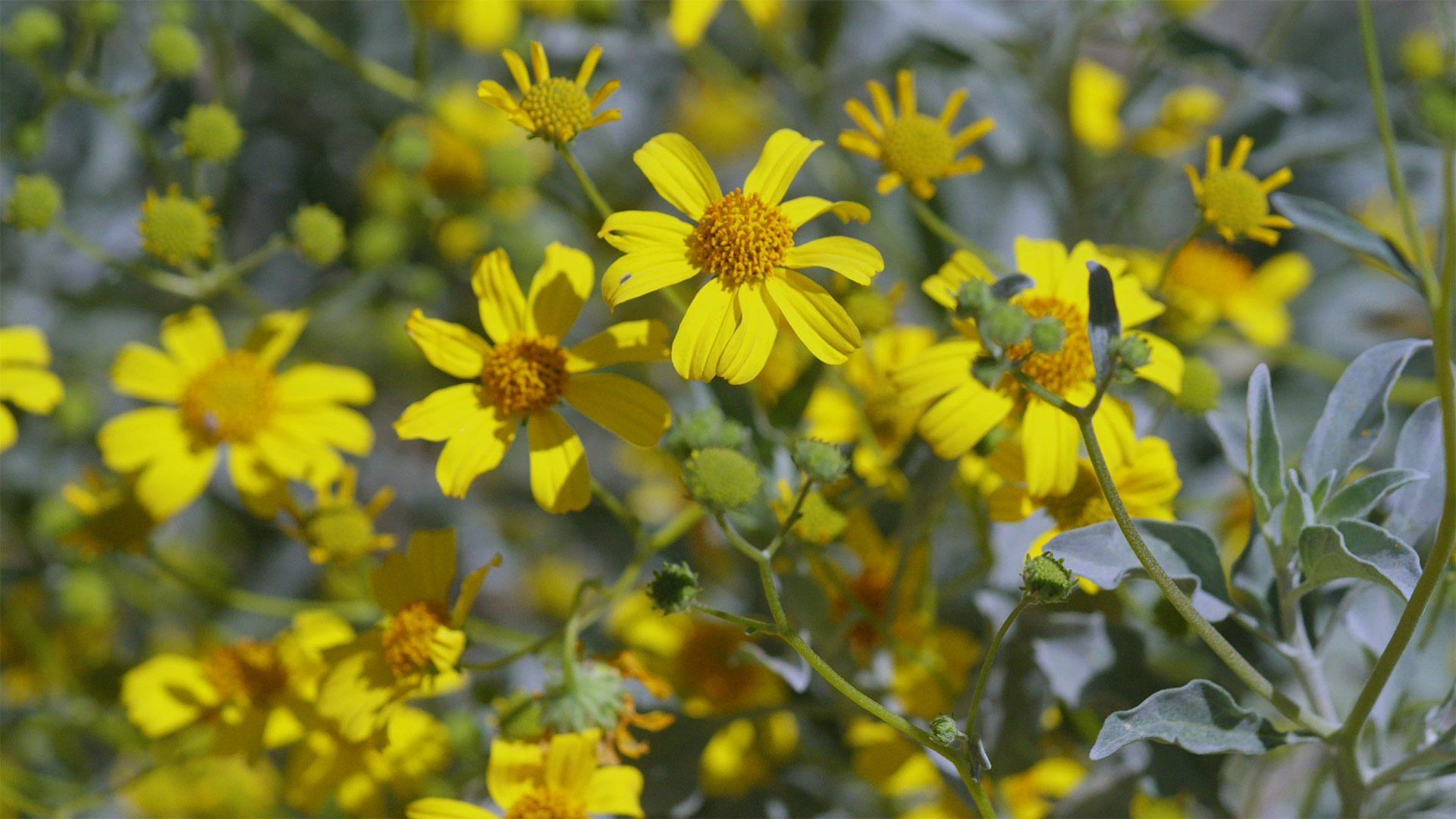 Desert Plants – Brittlebush
Brittlebush is a tough desert shrub that provides visual appeal and attracts pollinators while being drought-tolerant and relatively easy to grow.
Desert Plants – Brittlebush
Brittlebush is a tough desert shrub that provides visual appeal and attracts pollinators while being drought-tolerant and relatively easy to grow.
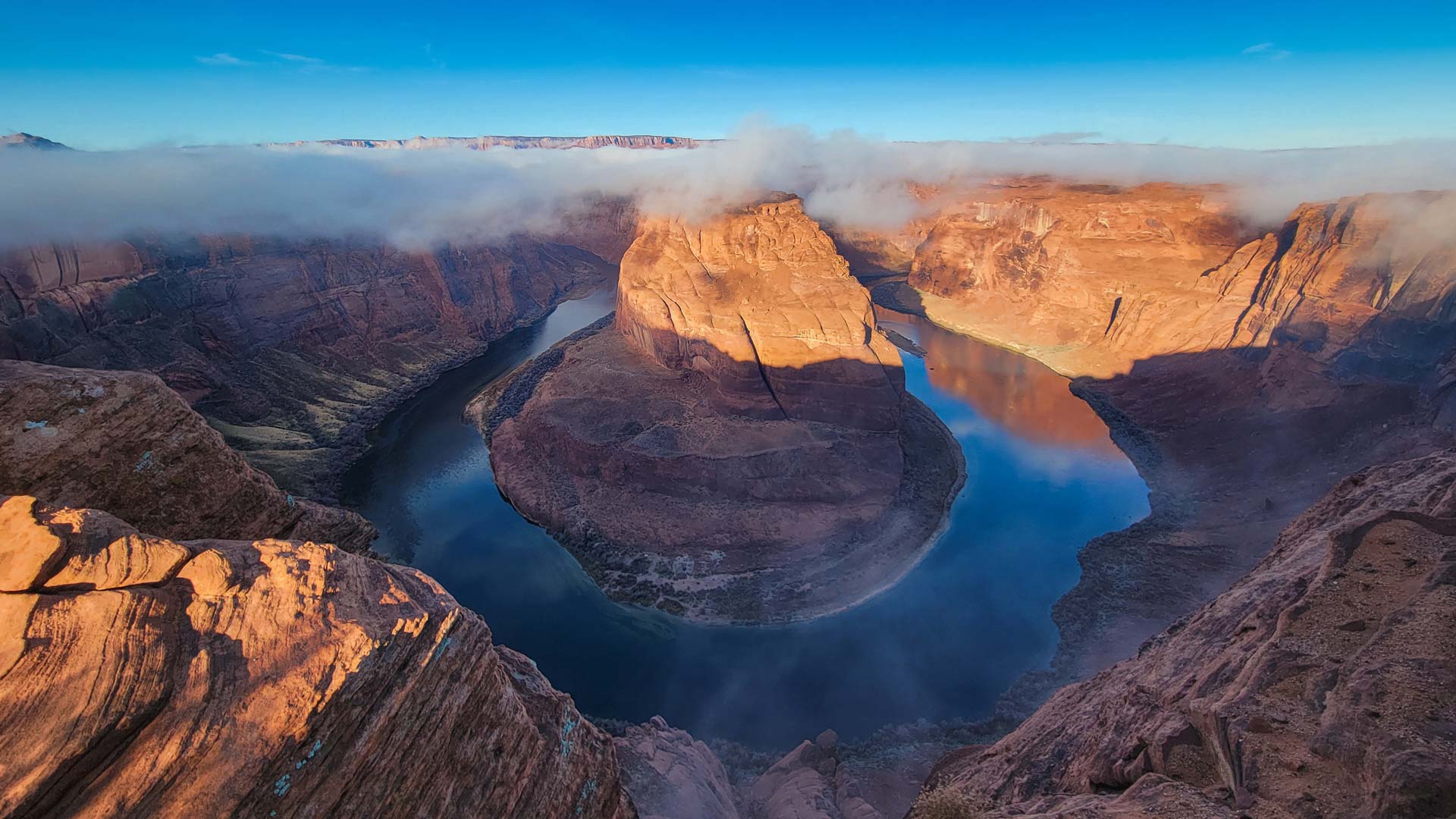 UCLA Study: Wastewater reuse could offset Colorado River water crisis
Arizona and Nevada lead in wastewater recycling but other states lag far behind, researchers find.
UCLA Study: Wastewater reuse could offset Colorado River water crisis
Arizona and Nevada lead in wastewater recycling but other states lag far behind, researchers find.
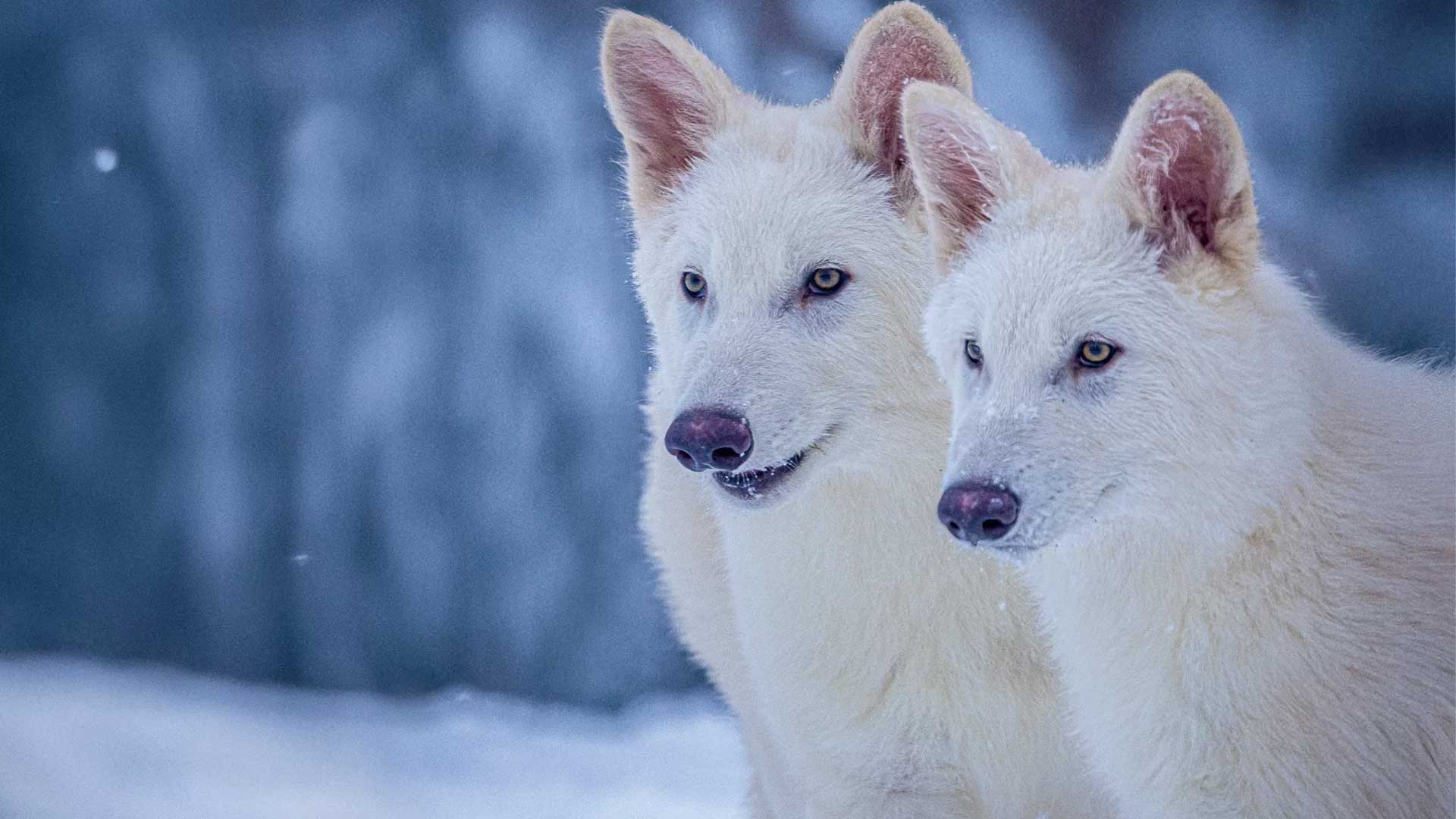 A biotech company says it has bred three pups with traits of the extinct dire wolf
Colossal Biosciences says it used novel gene-editing technology to alter gray wolf DNA.
A biotech company says it has bred three pups with traits of the extinct dire wolf
Colossal Biosciences says it used novel gene-editing technology to alter gray wolf DNA.
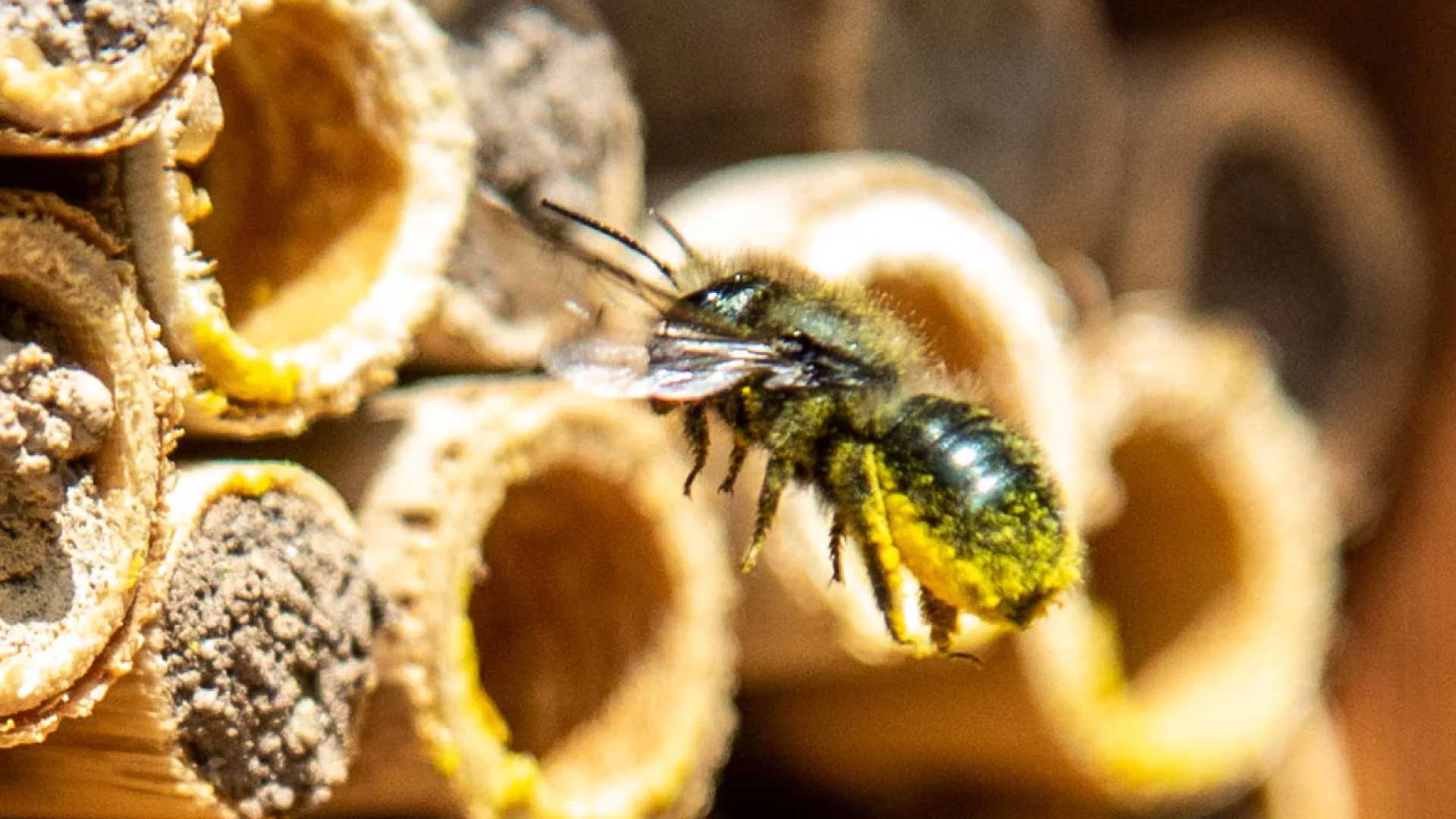 As honeybees die off again, some bee enthusiasts want to give mason bees a chance
Mason bees are among the 4,000 types of bees native to the U.S., they are known to be shy and rarely sting.
As honeybees die off again, some bee enthusiasts want to give mason bees a chance
Mason bees are among the 4,000 types of bees native to the U.S., they are known to be shy and rarely sting.
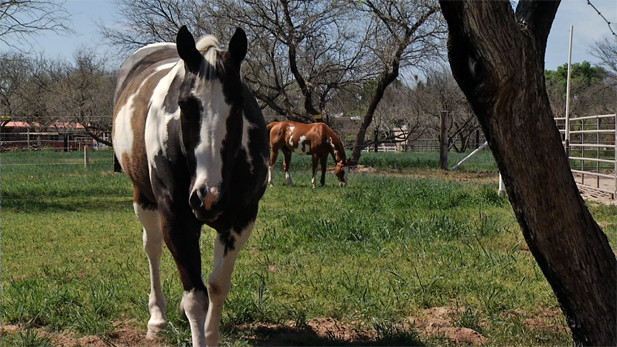 The unique genetic change that turned horses into athletic powerhouses
Horses are exceptional athletes, able to push their large bodies farther and faster than many other animals.
The unique genetic change that turned horses into athletic powerhouses
Horses are exceptional athletes, able to push their large bodies farther and faster than many other animals.
 The Buzz: Wildfire and home insurance
As wildfires grow in frequency, some homeowners say they are losing their insurance.
The Buzz: Wildfire and home insurance
As wildfires grow in frequency, some homeowners say they are losing their insurance.
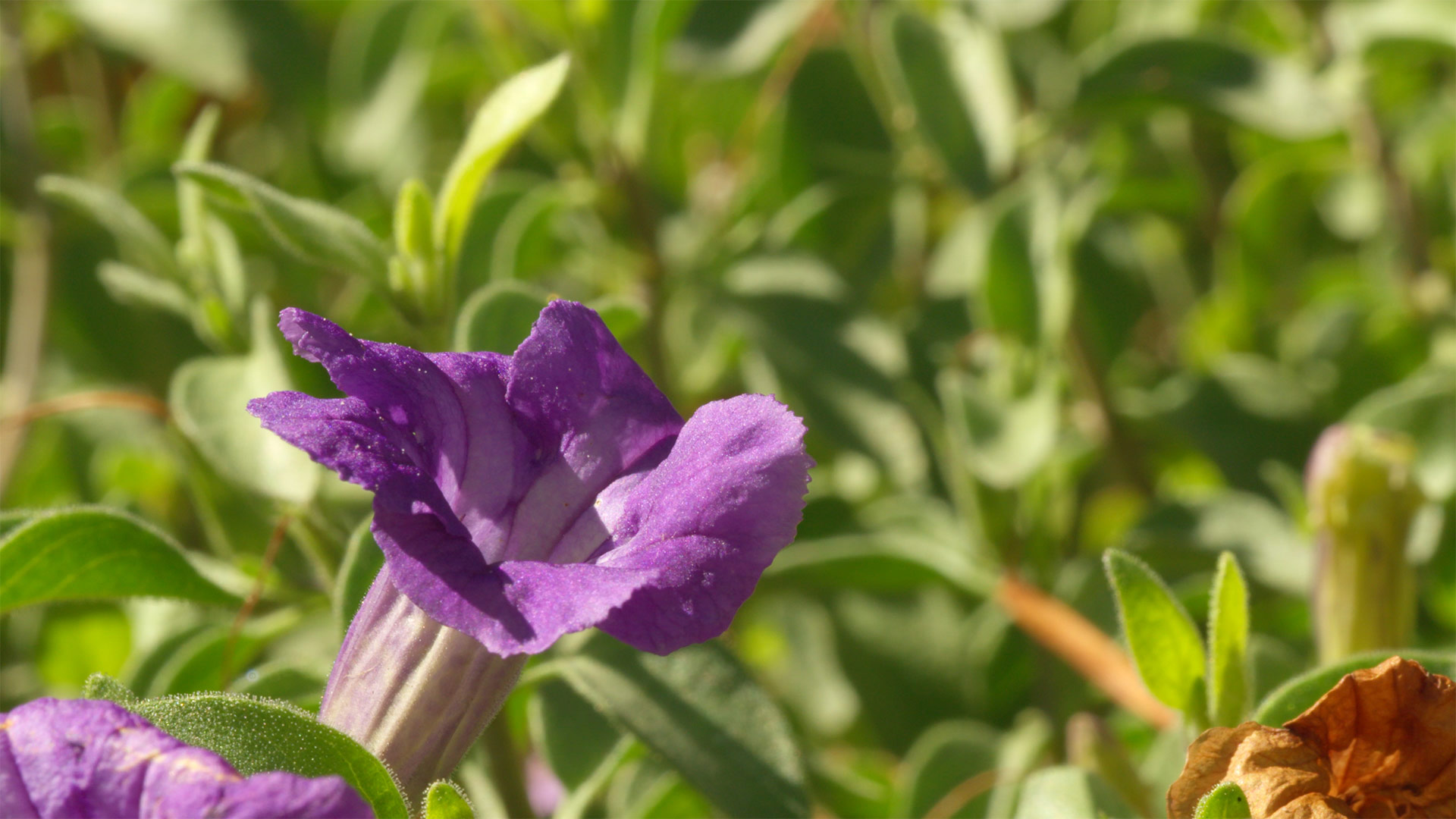 Desert Plants – Baja Ruellia
Residents in Sonoran Desert cities such as Tucson have a huge palate of native and drought-adapted plants they can grow, providing habitat for wildlife and visual appeal for people. Baja ruellia is an option.
Desert Plants – Baja Ruellia
Residents in Sonoran Desert cities such as Tucson have a huge palate of native and drought-adapted plants they can grow, providing habitat for wildlife and visual appeal for people. Baja ruellia is an option.
 From Refugee to Restaurateur: The Story of Zemam’s
How a man can go from a refugee of a war-torn country to owning one of the premiere restaurants in Tucson.
From Refugee to Restaurateur: The Story of Zemam’s
How a man can go from a refugee of a war-torn country to owning one of the premiere restaurants in Tucson.
 Nogales, Son., named 2024 Tree Cities of the World
An international program has named Nogales, Sonora, as one of the 2024 Tree Cities of the World due to the city’s recent efforts to maintain and manage its urban forests and trees.
Nogales, Son., named 2024 Tree Cities of the World
An international program has named Nogales, Sonora, as one of the 2024 Tree Cities of the World due to the city’s recent efforts to maintain and manage its urban forests and trees.
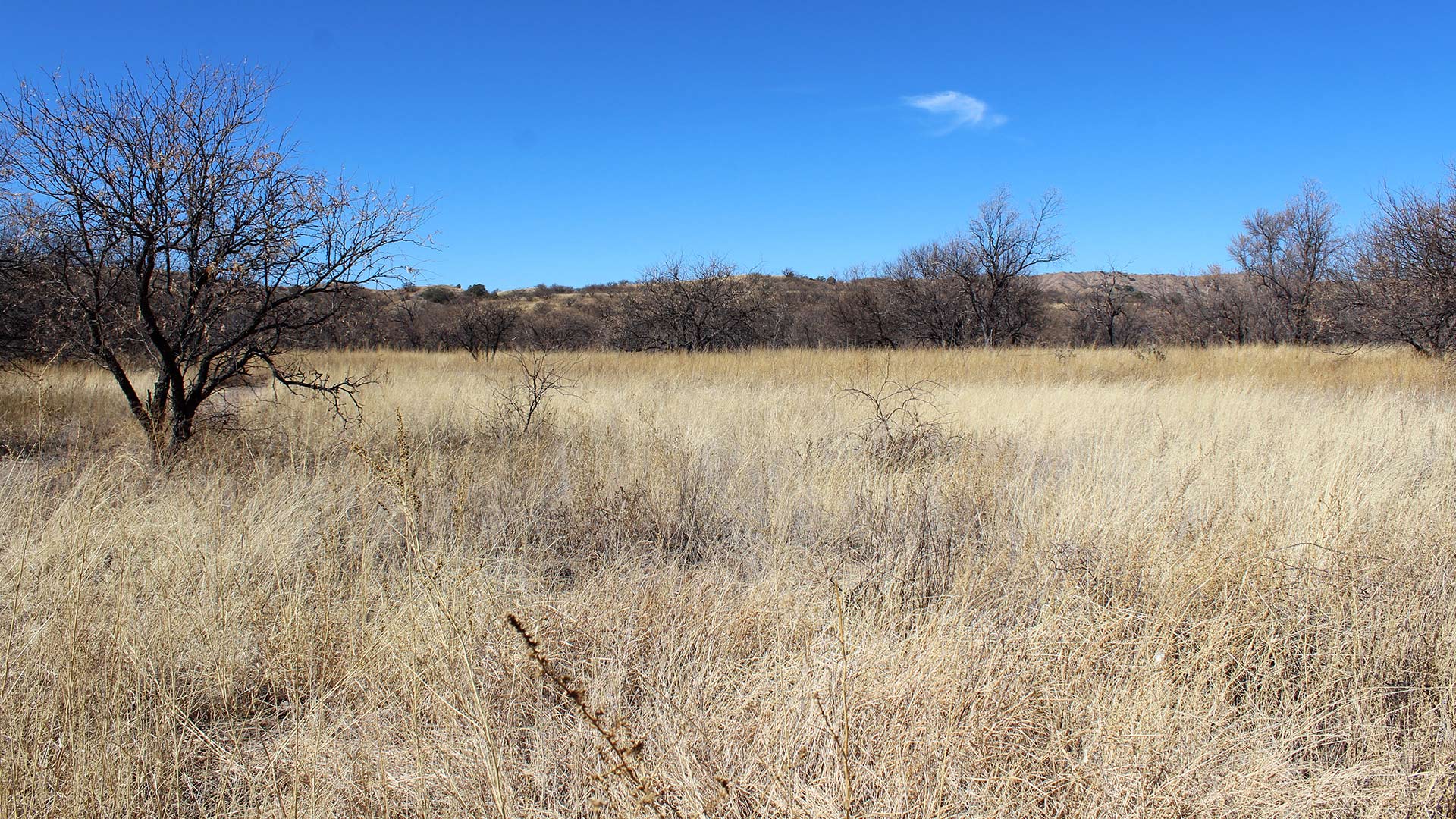 Conservation nonprofit in Southern Arizona faces $1.2 million federal funding freeze
Borderlands Restoration Network fights to keep critical wildlife corridors and watershed projects alive amid funding uncertainty.
Conservation nonprofit in Southern Arizona faces $1.2 million federal funding freeze
Borderlands Restoration Network fights to keep critical wildlife corridors and watershed projects alive amid funding uncertainty.
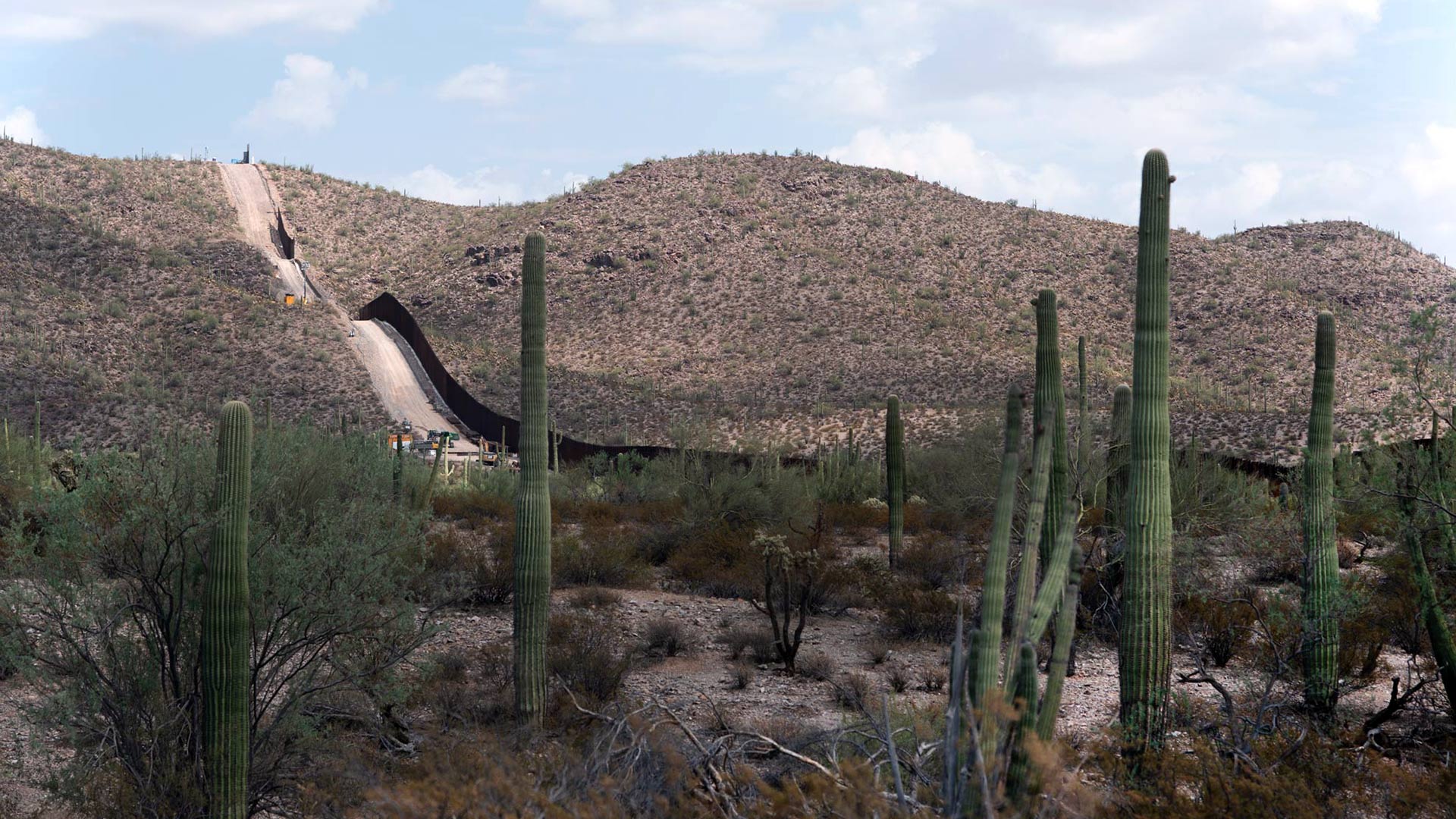 Rep. Ciscomani introduces border security bill to expand CBP access on federal lands
The FLASH Act proposes road construction, infrastructure and stricter land management along the U.S.- Mexico border.
Rep. Ciscomani introduces border security bill to expand CBP access on federal lands
The FLASH Act proposes road construction, infrastructure and stricter land management along the U.S.- Mexico border.
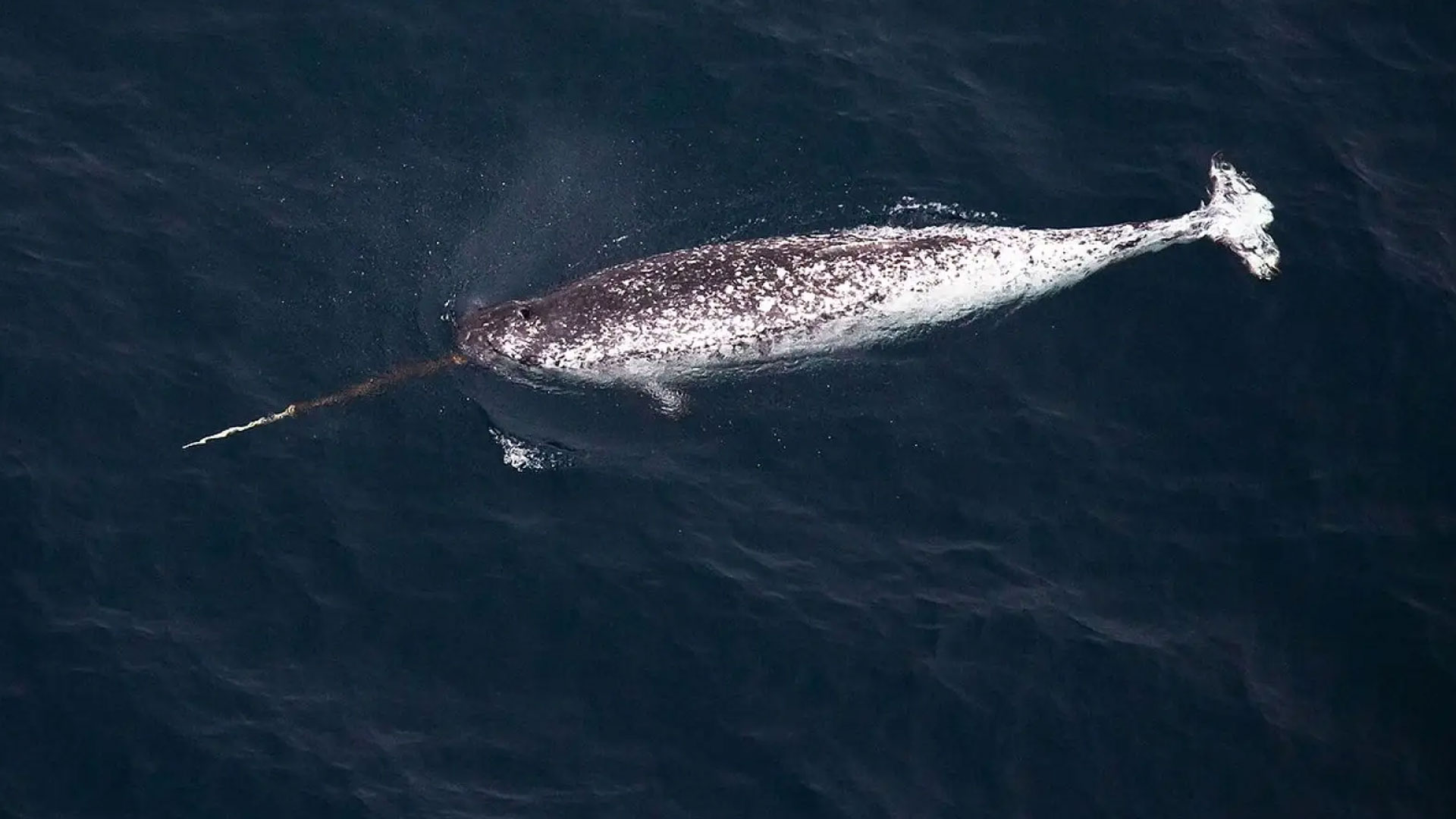 Does the narwhal's famous tusk help it catch fish?
Intriguing video of narwhals using their tusks to mess with fish has scientists speculating about what this behavior might mean.
Does the narwhal's famous tusk help it catch fish?
Intriguing video of narwhals using their tusks to mess with fish has scientists speculating about what this behavior might mean.
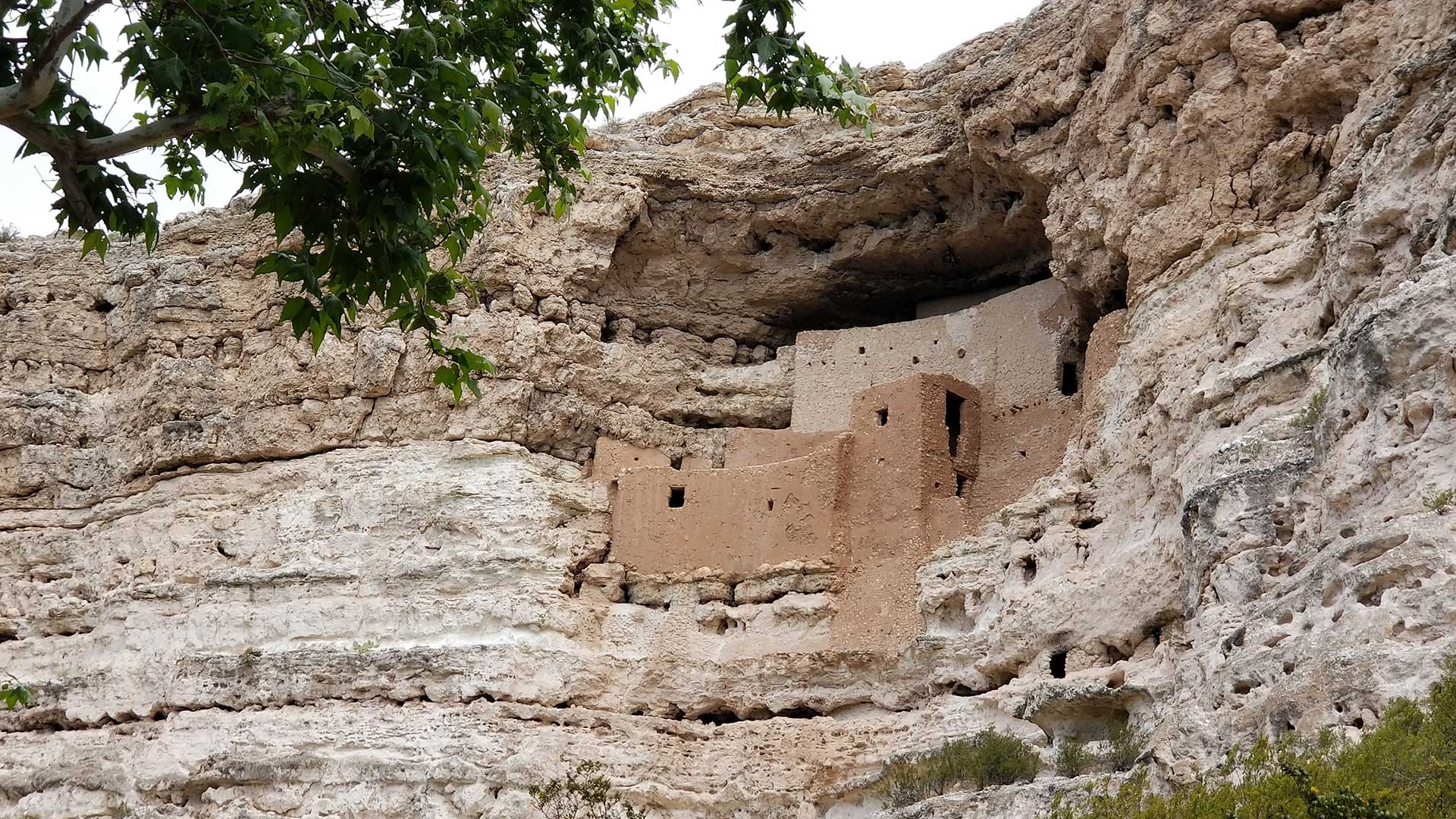 Federal lease terminations threaten five National Park Service facilities in Arizona
Cuts could disrupt visitor experiences, scientific research and park operations.
Federal lease terminations threaten five National Park Service facilities in Arizona
Cuts could disrupt visitor experiences, scientific research and park operations.
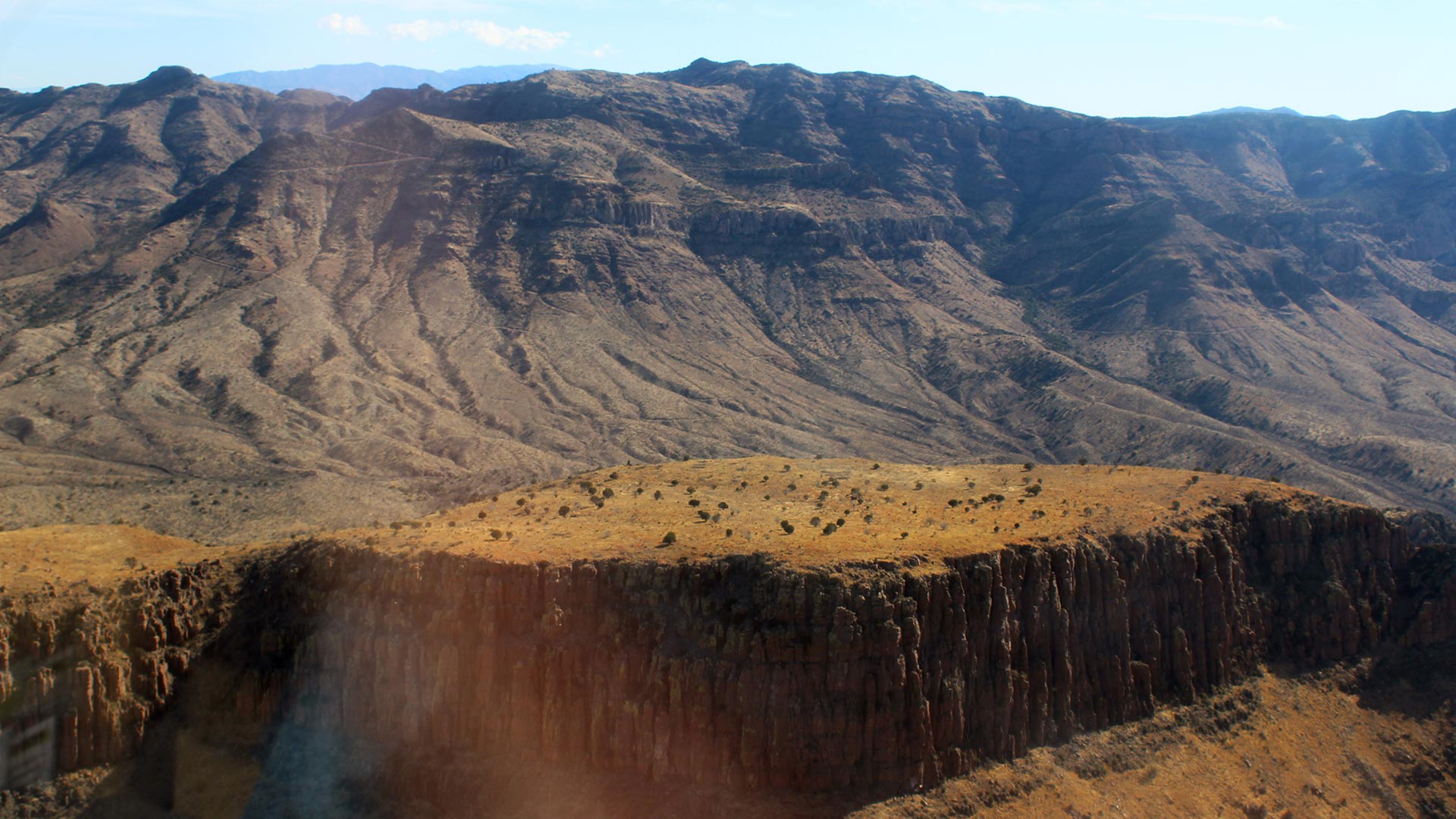 BLM opens Environmental Assessment for Copper Creek Mine Project to public comment
Located in Arizona’s rugged Sky Islands, the proposed copper mine could impact ecosystem and water resources.
BLM opens Environmental Assessment for Copper Creek Mine Project to public comment
Located in Arizona’s rugged Sky Islands, the proposed copper mine could impact ecosystem and water resources.
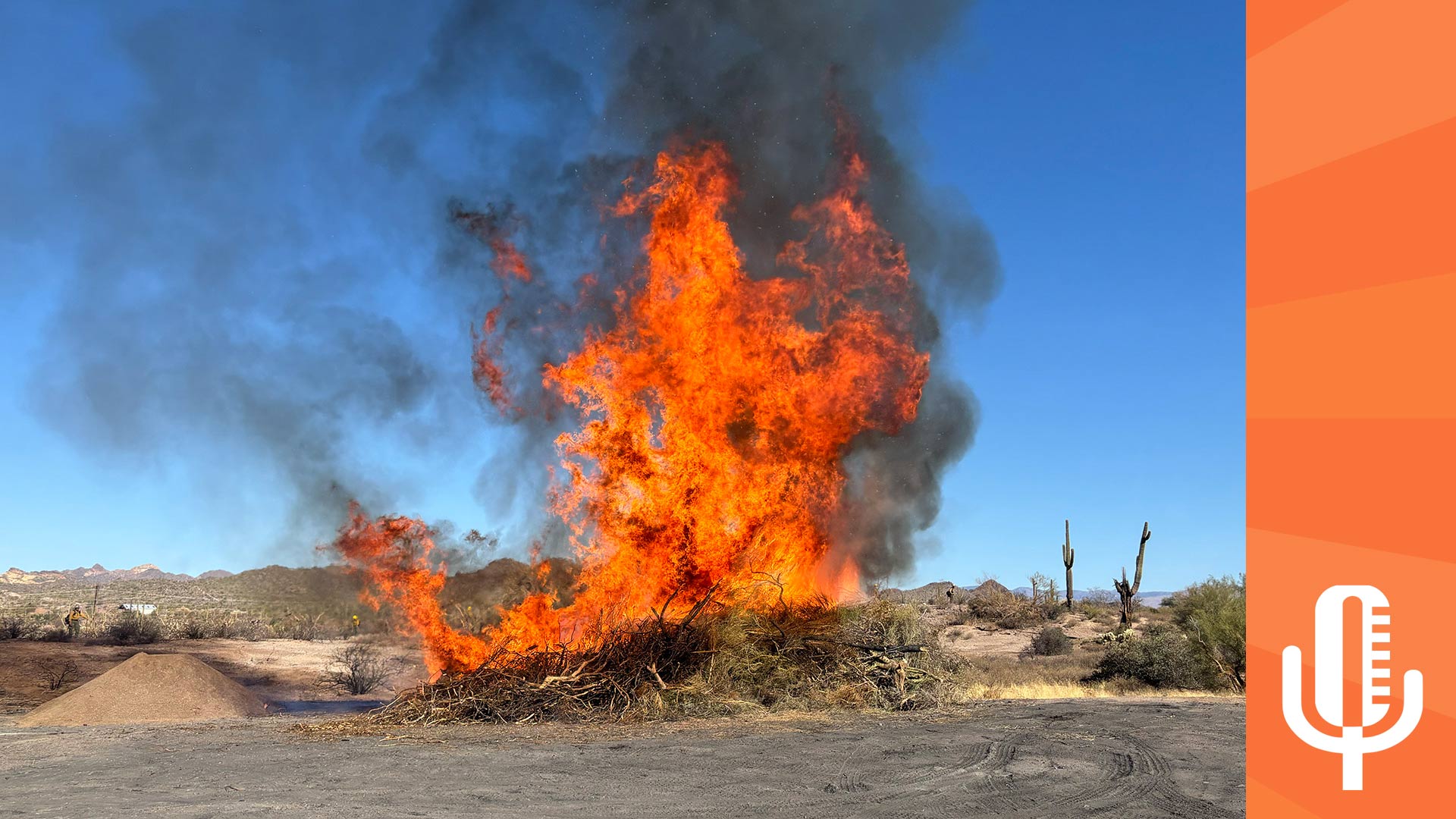 The Buzz: Preventing catastrophic wildfires
A look at how wildfires became more intense, and what we're doing to combat it.
The Buzz: Preventing catastrophic wildfires
A look at how wildfires became more intense, and what we're doing to combat it.
 Arizona bill to protect hunting with dogs fails by narrow house vote, will be reconsidered
Lawmakers narrowly rejected a proposal to safeguard hound hunting while conservationists push for stricter regulations.
Arizona bill to protect hunting with dogs fails by narrow house vote, will be reconsidered
Lawmakers narrowly rejected a proposal to safeguard hound hunting while conservationists push for stricter regulations.
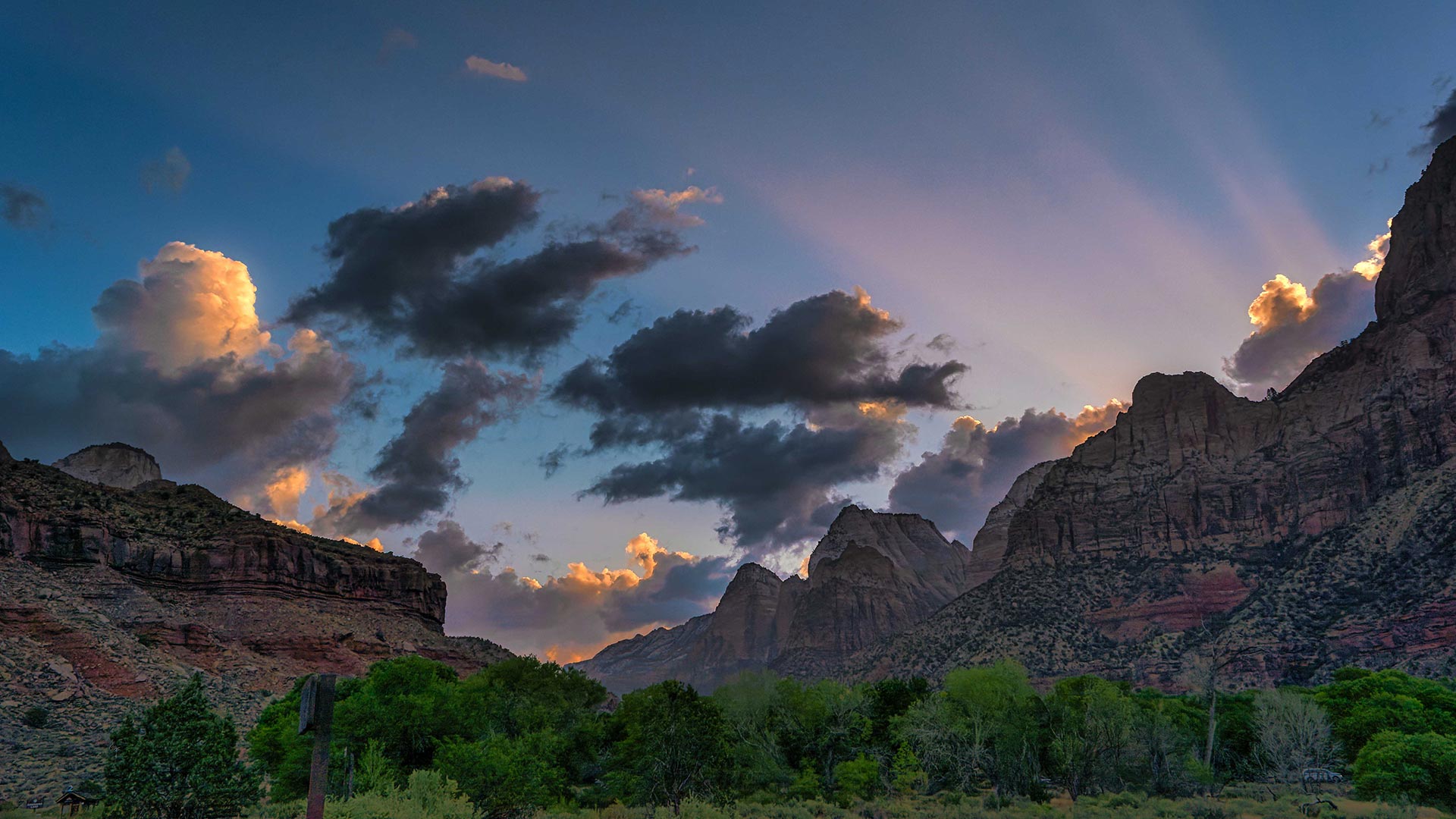 Two new books that bring important histories to light.
Kirsten Miller talks about her novel "Lula Dean's Little Library of Banned Books"; and Mike Stark shares the natural history "Starlings The Curious Odyssey of a Most Hated Bird".
Two new books that bring important histories to light.
Kirsten Miller talks about her novel "Lula Dean's Little Library of Banned Books"; and Mike Stark shares the natural history "Starlings The Curious Odyssey of a Most Hated Bird".
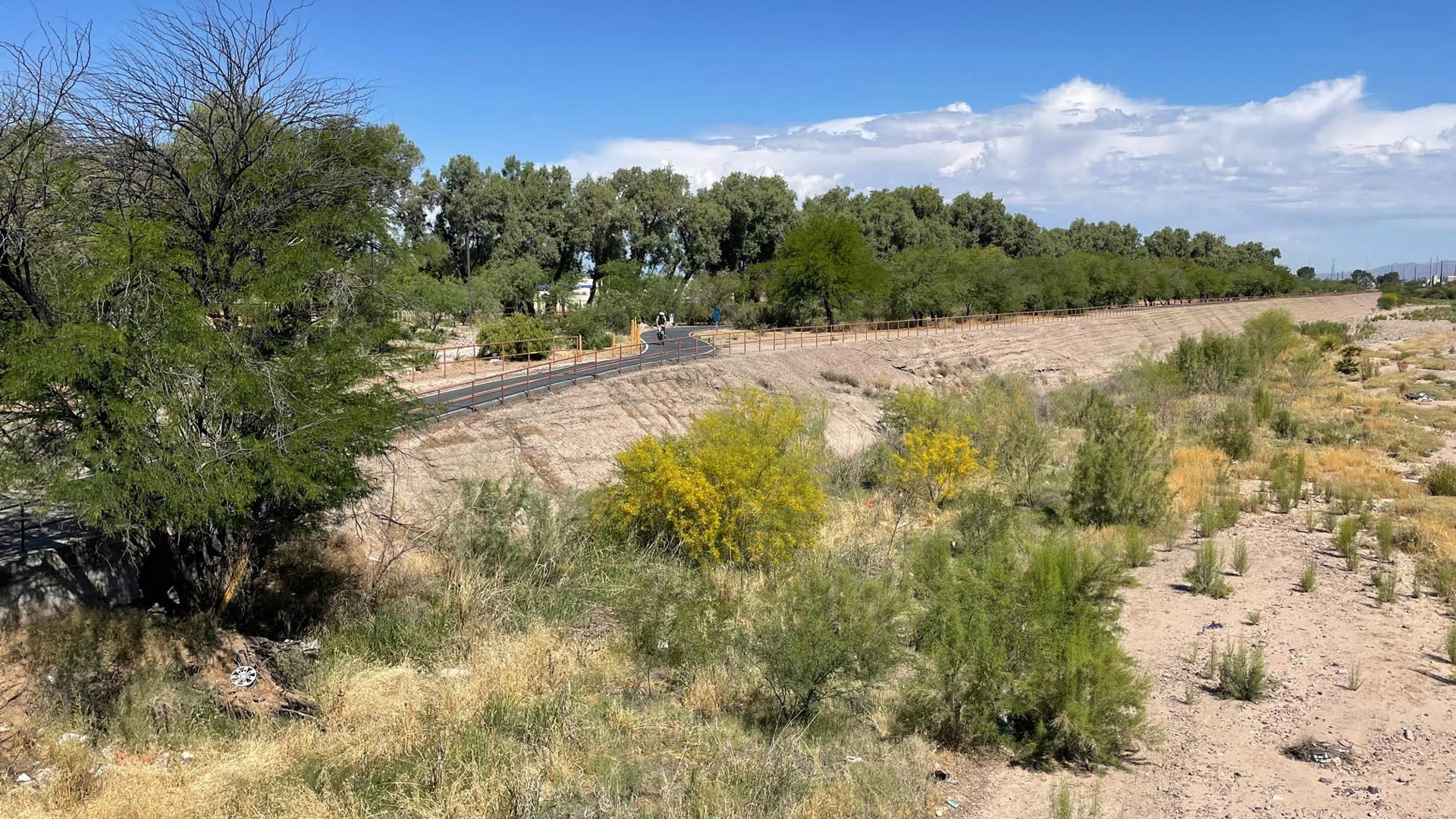 Pima County publishes 2023 Multi-Species Conservation Plan report
The county’s latest report highlights habitat protection, invasive species removal and wildlife monitoring.
Pima County publishes 2023 Multi-Species Conservation Plan report
The county’s latest report highlights habitat protection, invasive species removal and wildlife monitoring.
 Tucson launches first electric garbage truck in move toward 2030 EV fleet goal
City officials want to cut emissions to improve public health.
Tucson launches first electric garbage truck in move toward 2030 EV fleet goal
City officials want to cut emissions to improve public health.
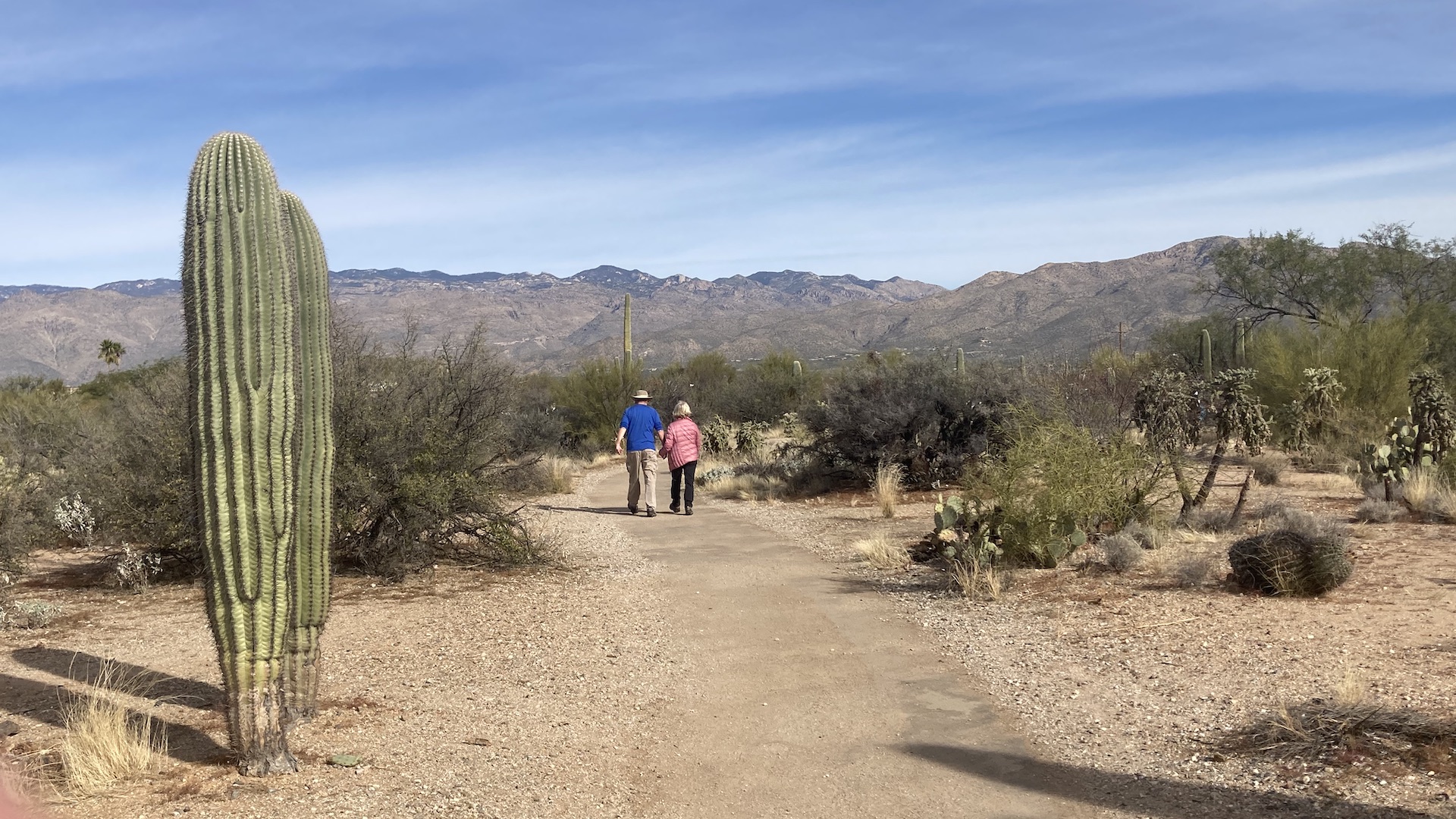 Saguaro National Park visitor centers to close Mondays amid National Park Service layoffs
Two visitor center staff laid off ahead of busy tourism season.
Saguaro National Park visitor centers to close Mondays amid National Park Service layoffs
Two visitor center staff laid off ahead of busy tourism season.
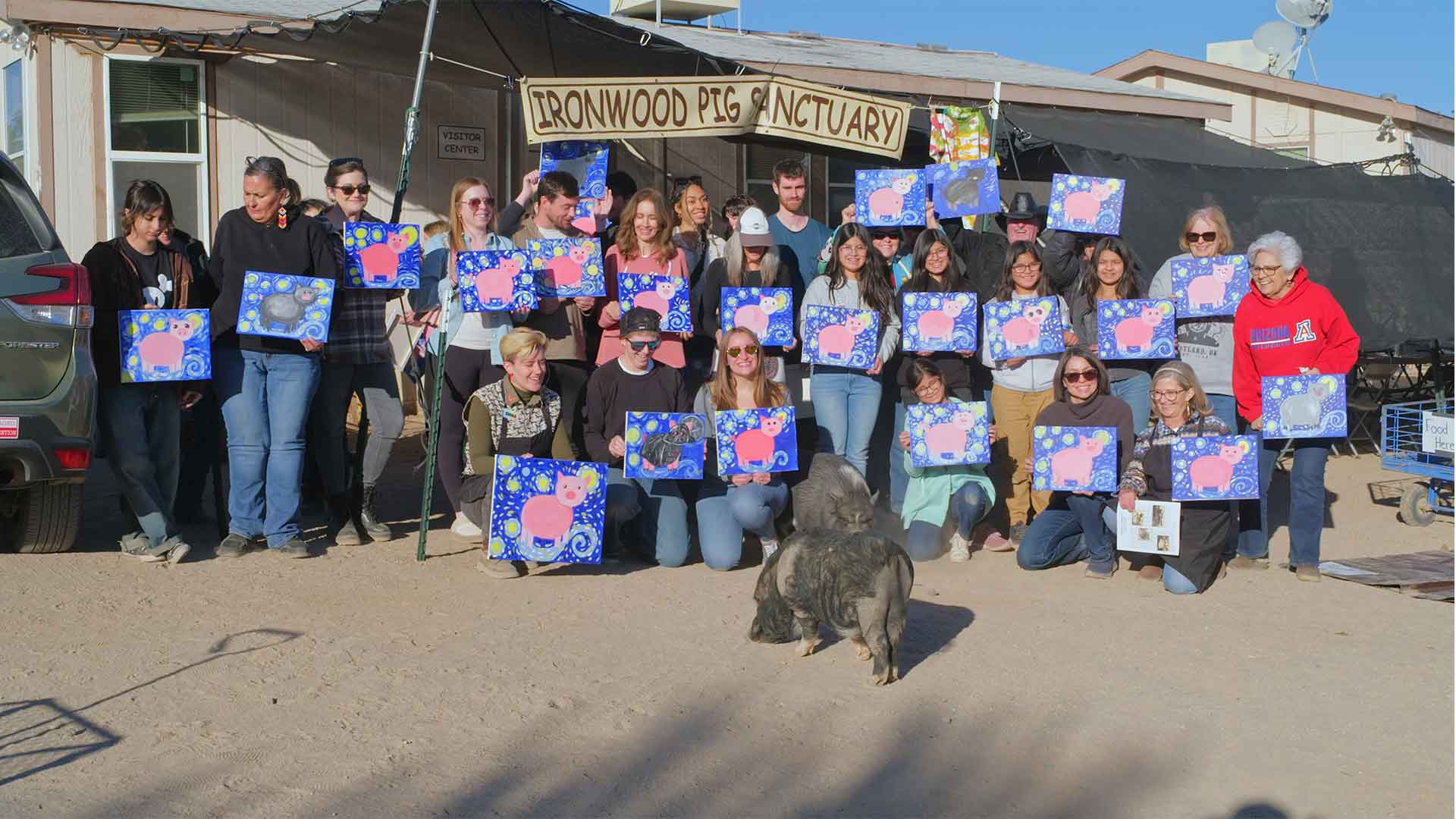 Ironwood Pig Sanctuary
Mary Schanz and her team care for 680 pigs in Marana, making Ironwood the largest pot-belly pig sanctuary in the country.
Ironwood Pig Sanctuary
Mary Schanz and her team care for 680 pigs in Marana, making Ironwood the largest pot-belly pig sanctuary in the country.
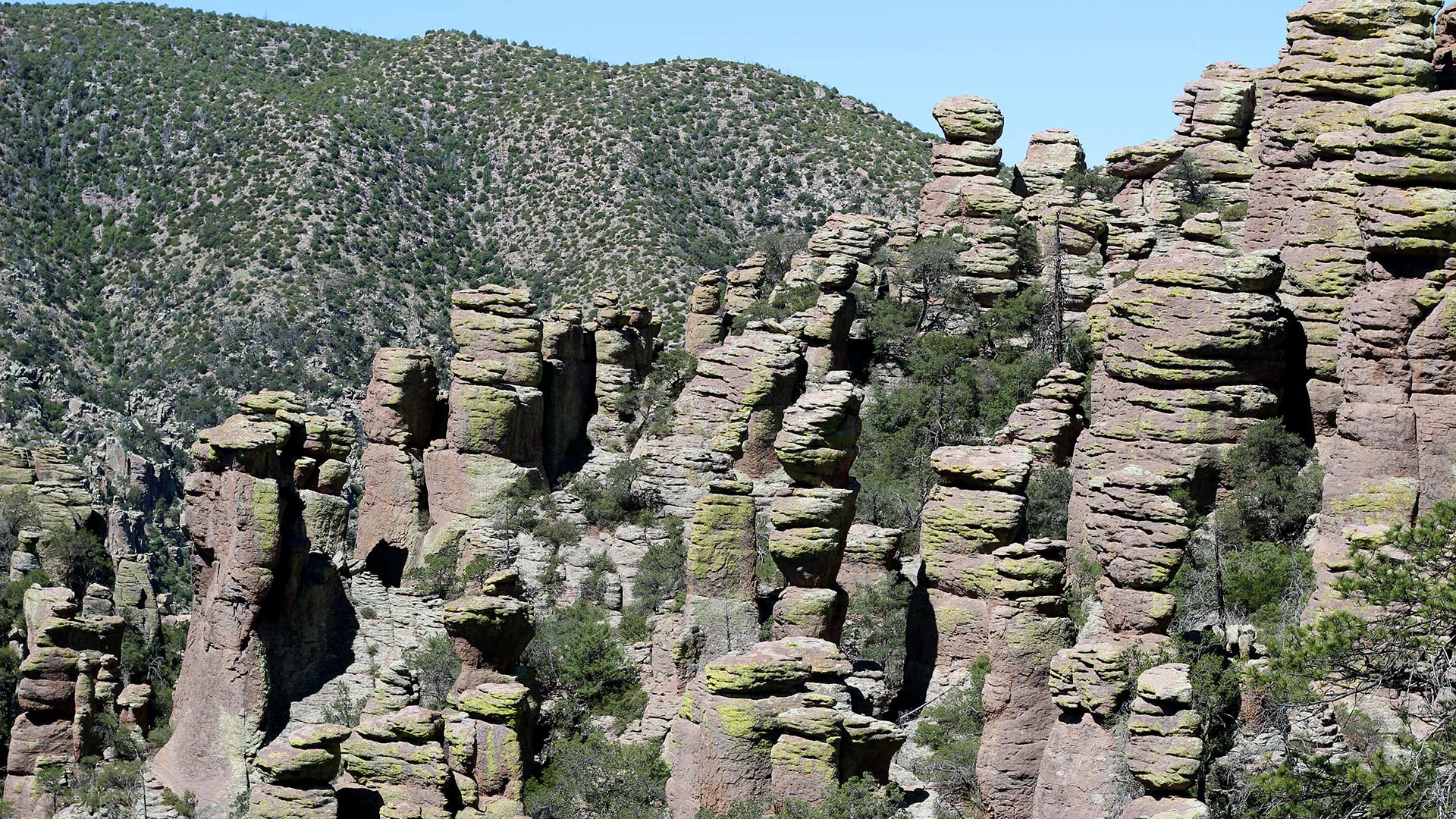 'It was the very beginning of my career': National Park Service layoffs impact Southern Arizona
National park job cuts spark concerns over conservation, tourism and the future of public lands.
'It was the very beginning of my career': National Park Service layoffs impact Southern Arizona
National park job cuts spark concerns over conservation, tourism and the future of public lands.
 Tucson leaders push for support to expand clean energy
Climate change is straining healthcare systems– advocates say clean energy can help.
Tucson leaders push for support to expand clean energy
Climate change is straining healthcare systems– advocates say clean energy can help.
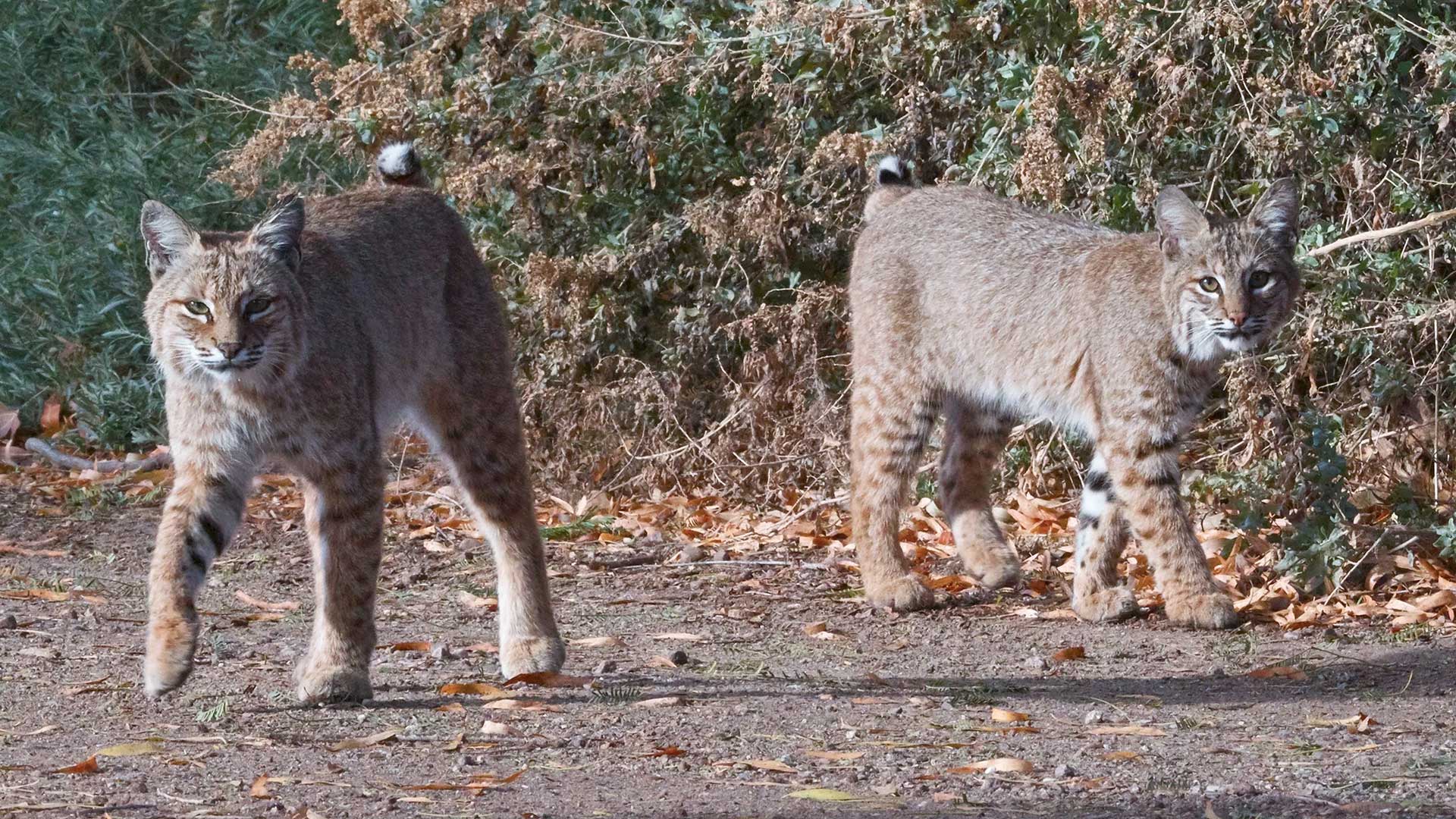 Meet your feisty neighborhood felines in the Tucson area
Bobcats (Lynx rufus) are surviving and flourishing in urban settings, despite real challenges.
Meet your feisty neighborhood felines in the Tucson area
Bobcats (Lynx rufus) are surviving and flourishing in urban settings, despite real challenges.
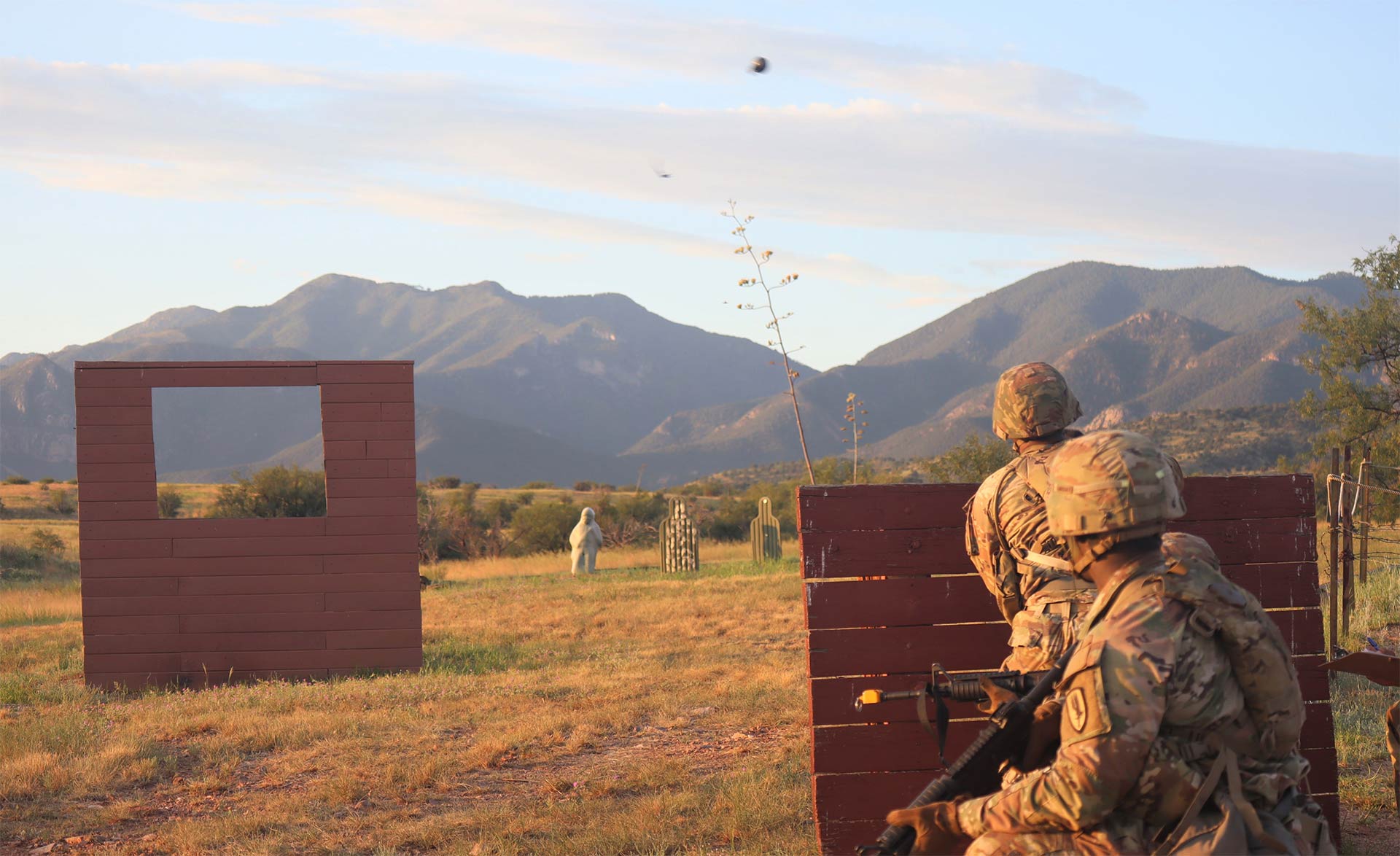 AZ House lawmaker asks that feds waive Endangered Species Act for military
Gail Griffin's bill would send a letter with the request to the president and both chambers of Congress.
AZ House lawmaker asks that feds waive Endangered Species Act for military
Gail Griffin's bill would send a letter with the request to the president and both chambers of Congress.
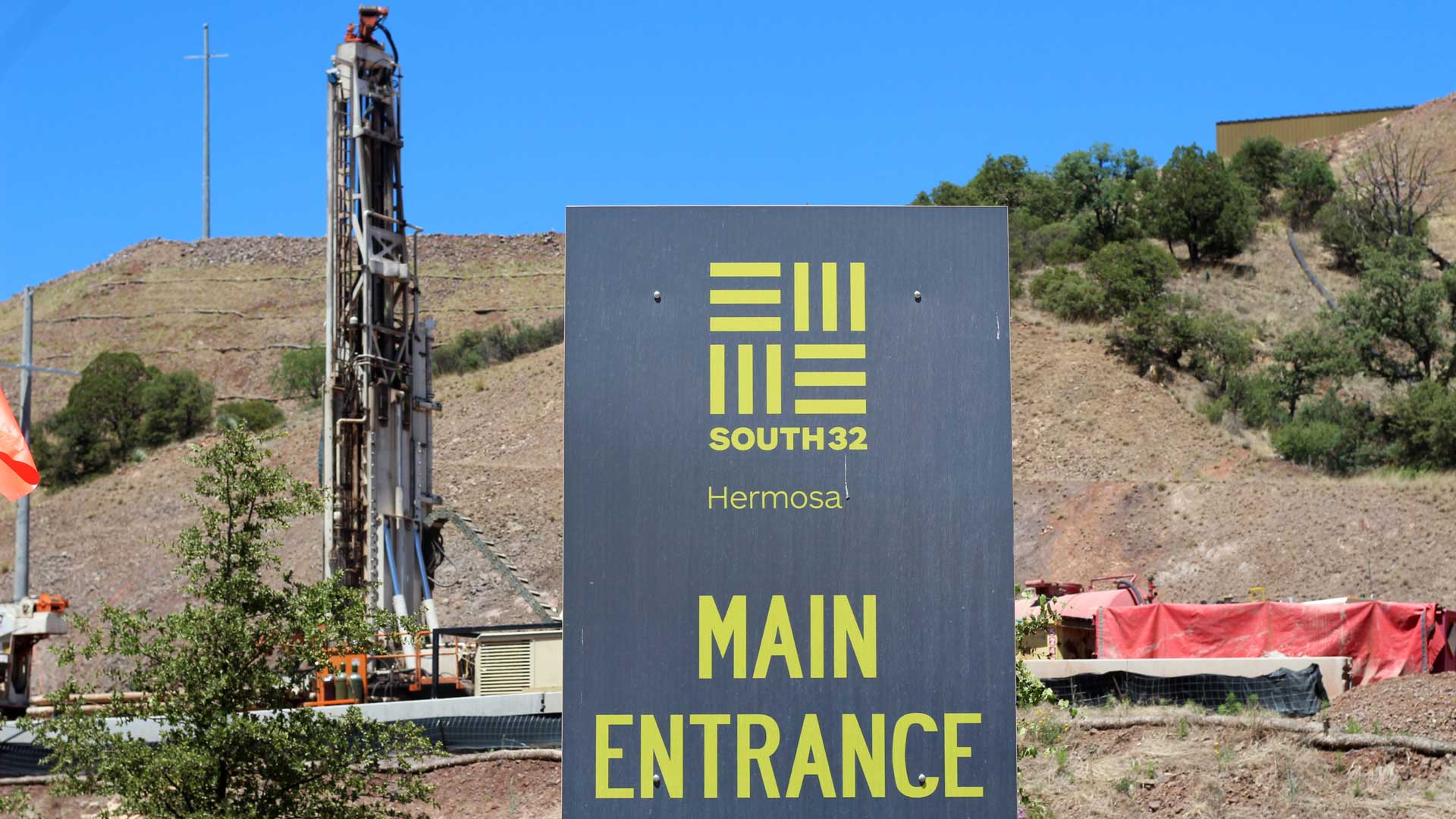 ADEQ approves South32 Hermosa Project expansion for tailings storage
South32 secures amendment to Aquifer Protection Permit.
ADEQ approves South32 Hermosa Project expansion for tailings storage
South32 secures amendment to Aquifer Protection Permit.
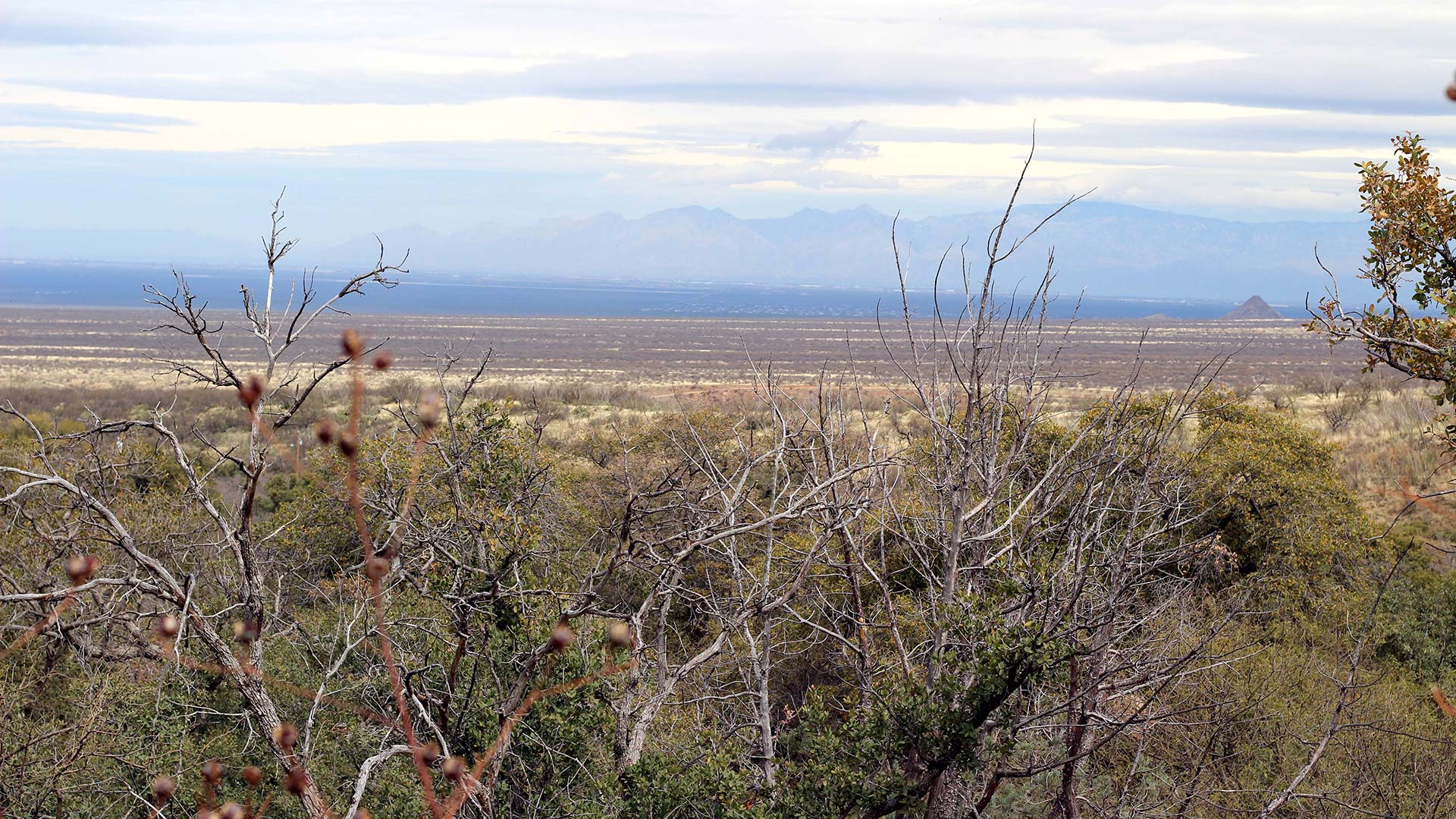 Environmental groups challenge air quality permit for Copper World mine
Appeal argues Arizona regulators failed to enforce stricter pollution controls.
Environmental groups challenge air quality permit for Copper World mine
Appeal argues Arizona regulators failed to enforce stricter pollution controls.
